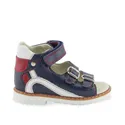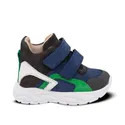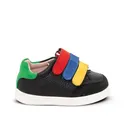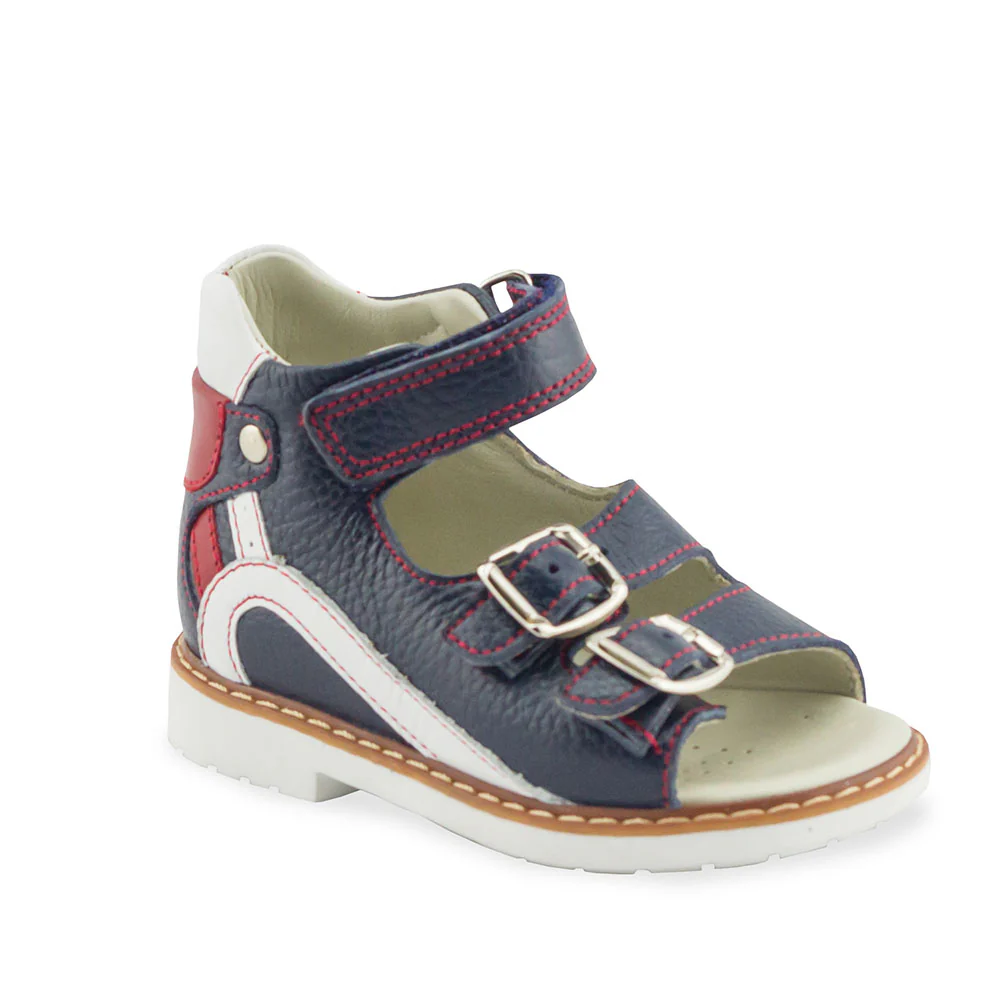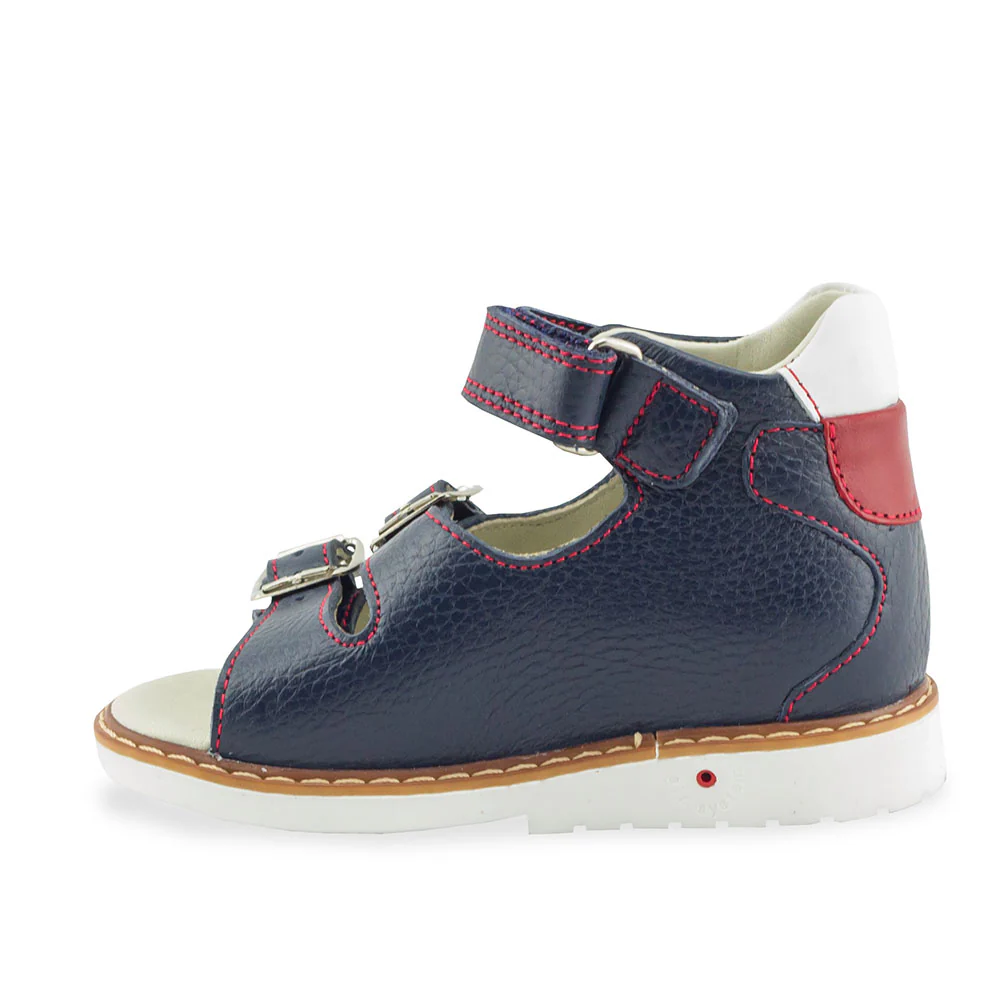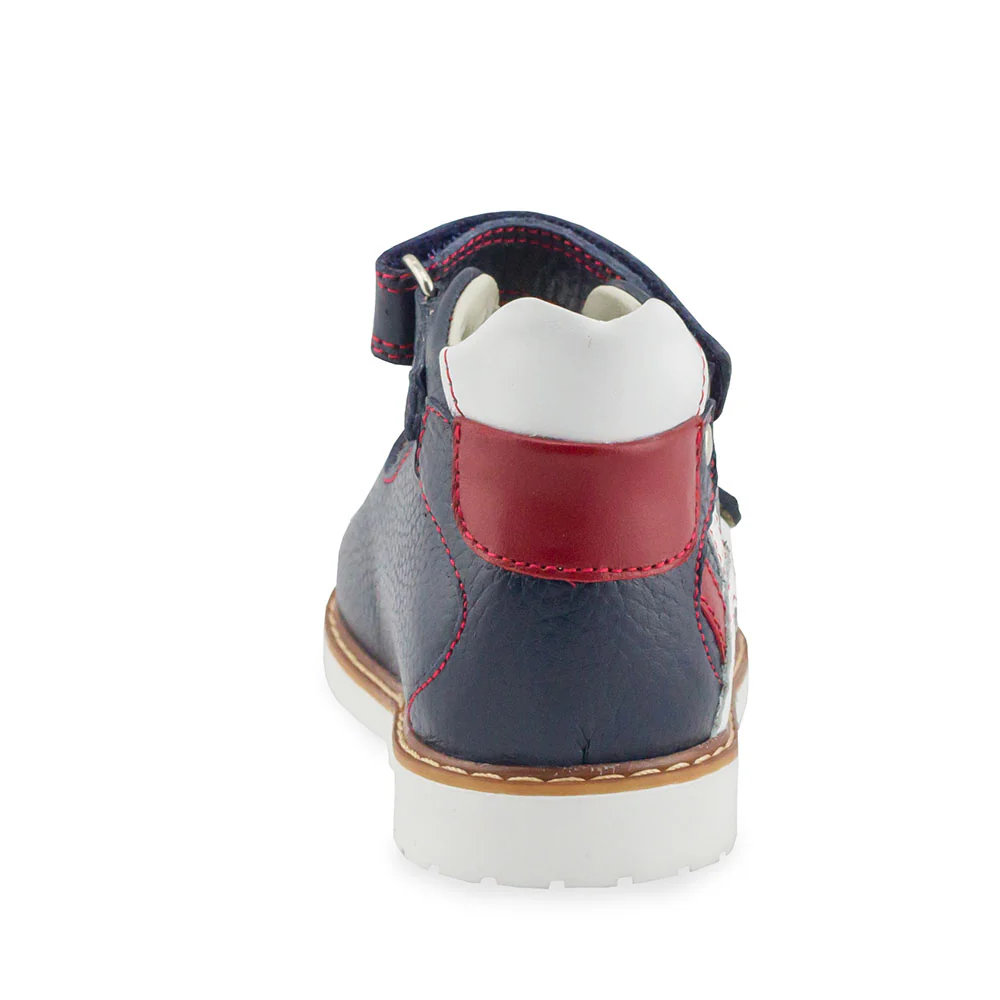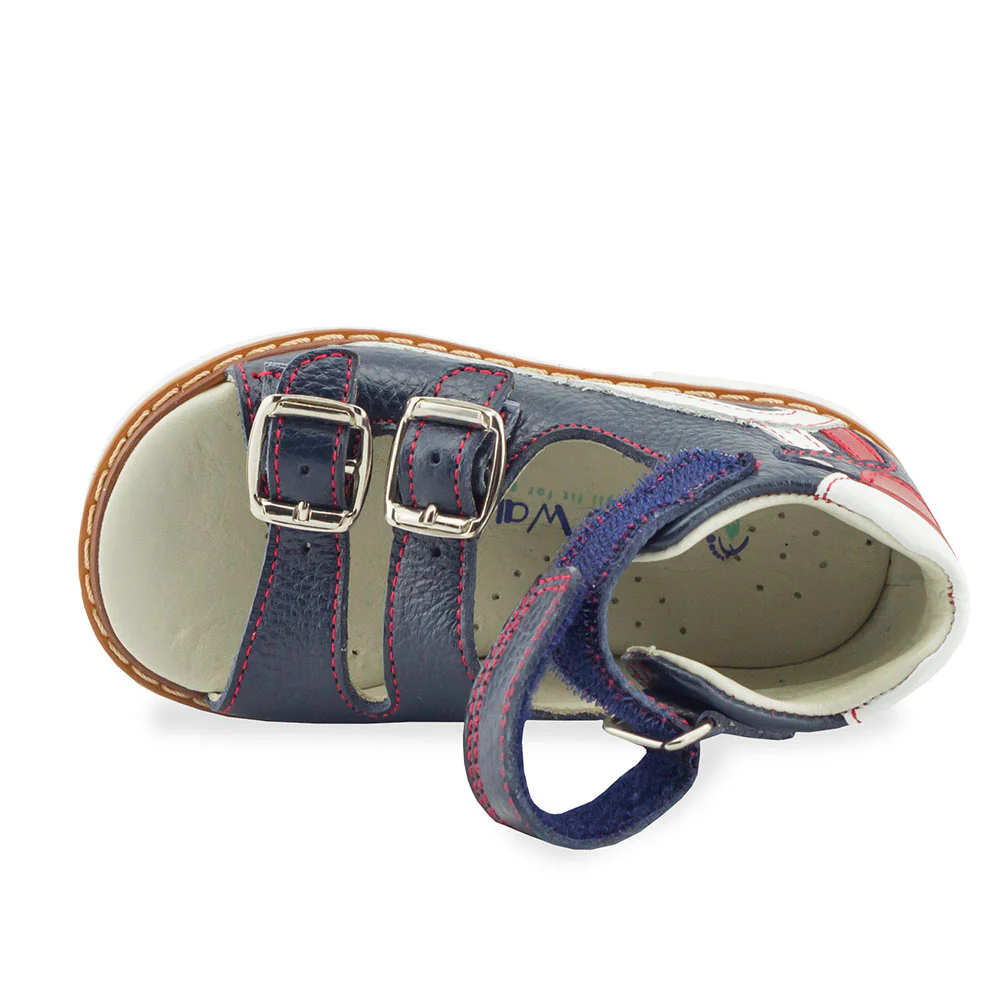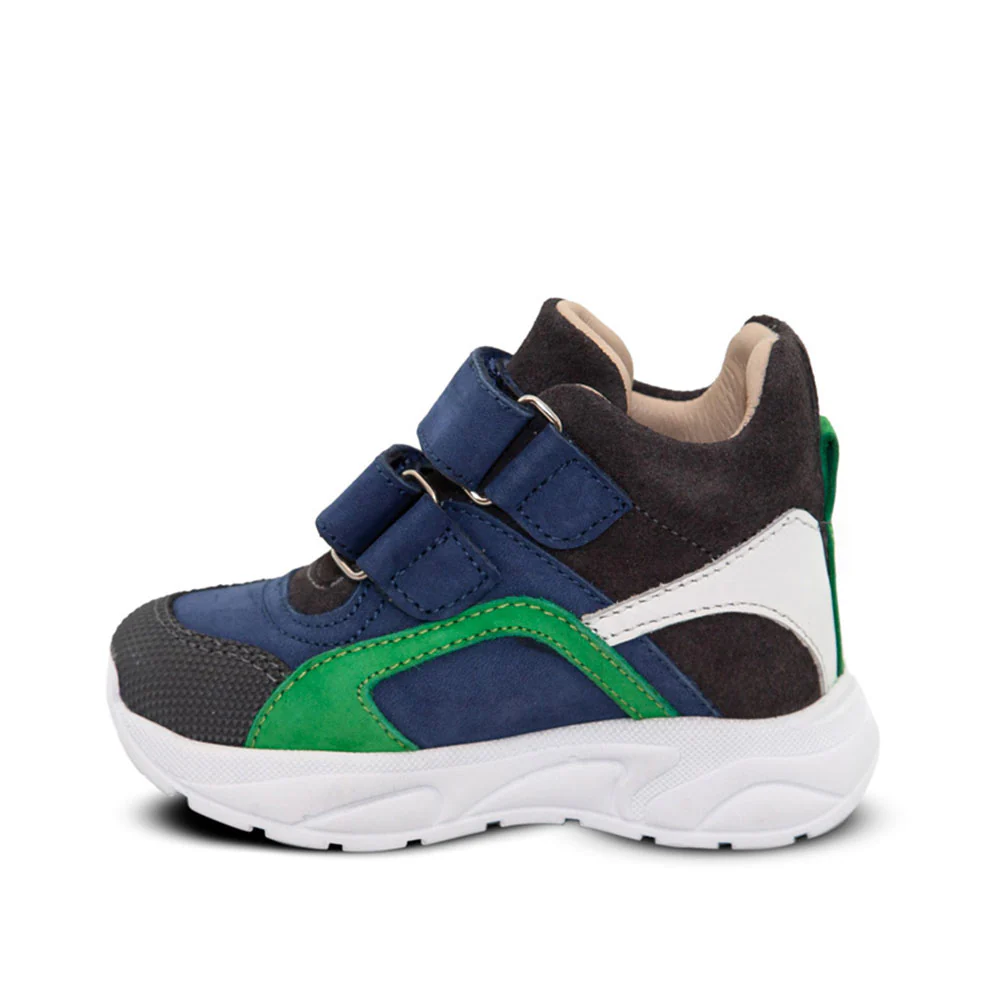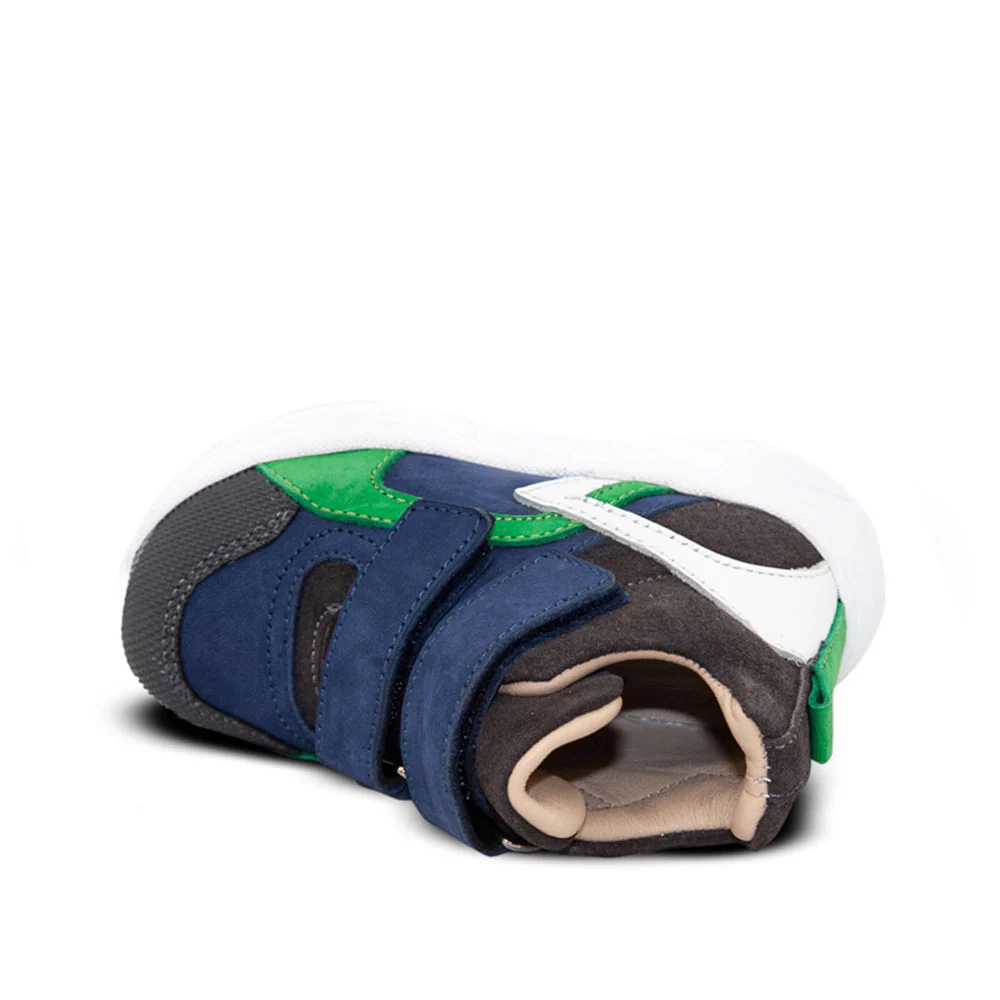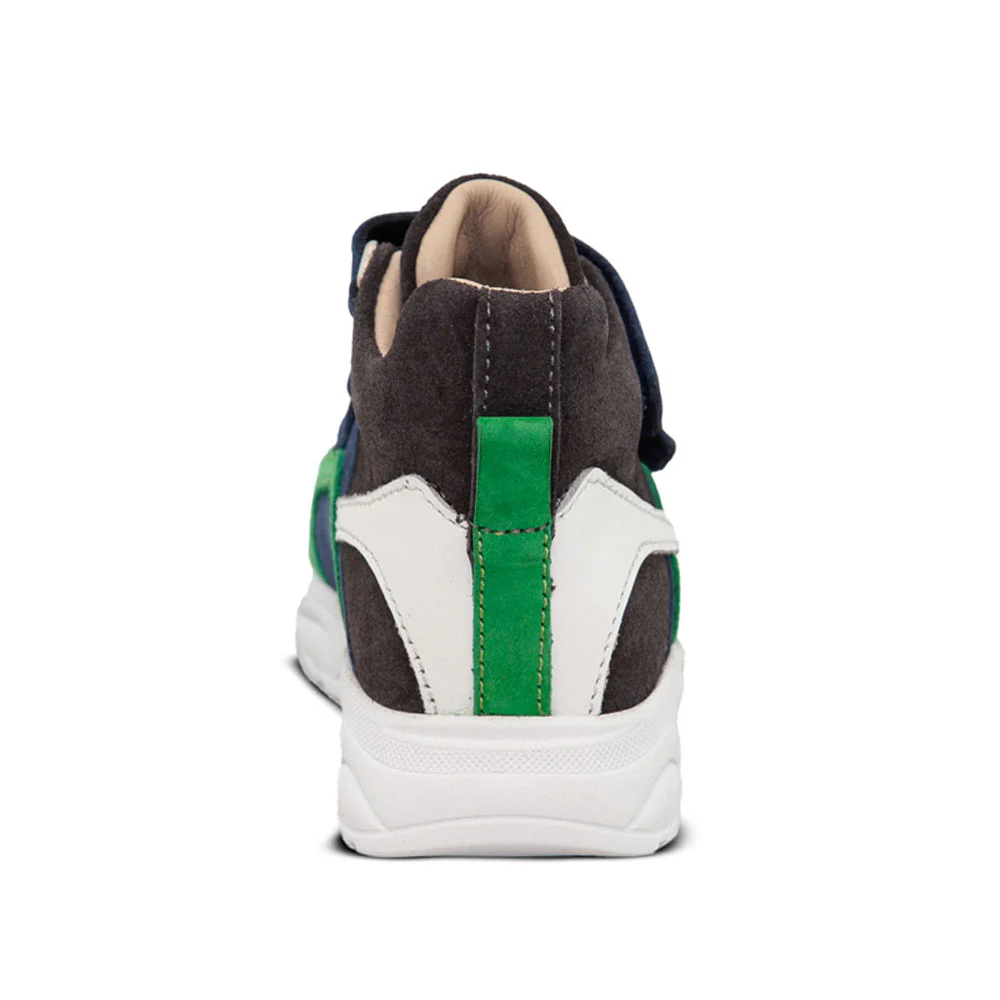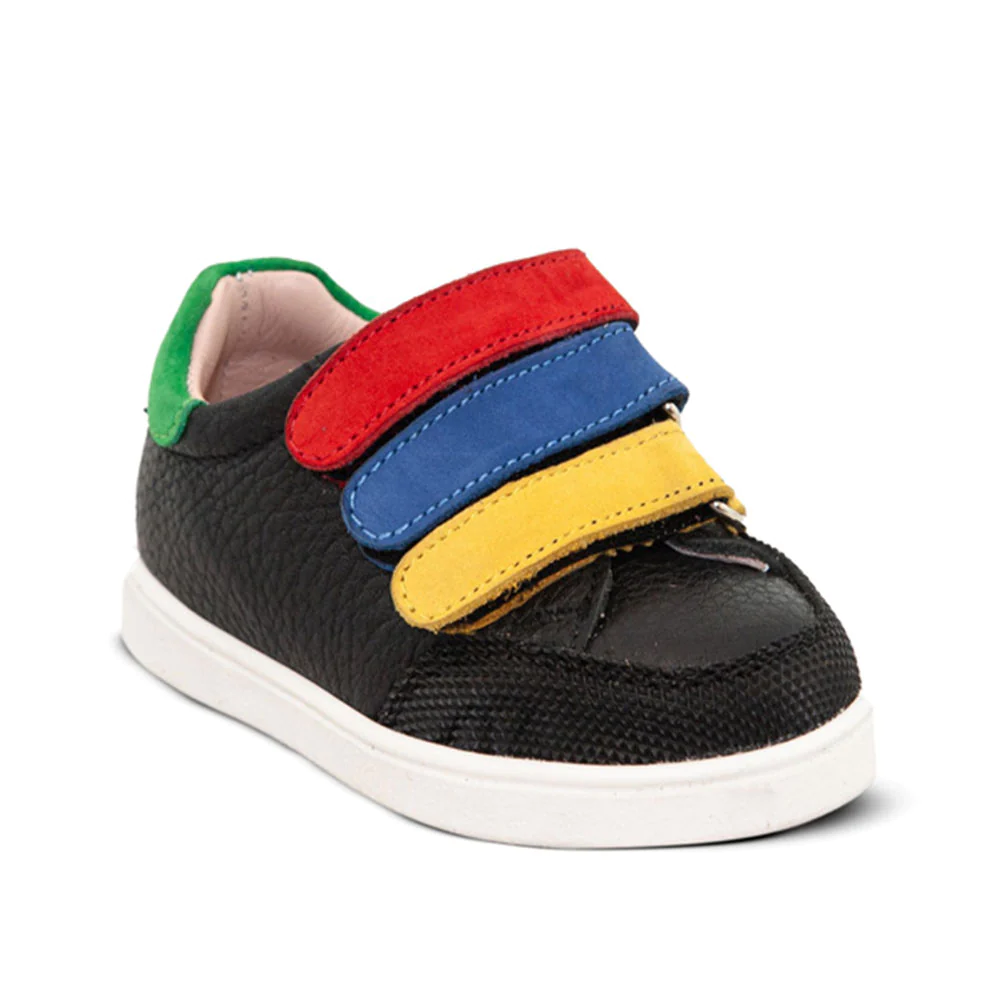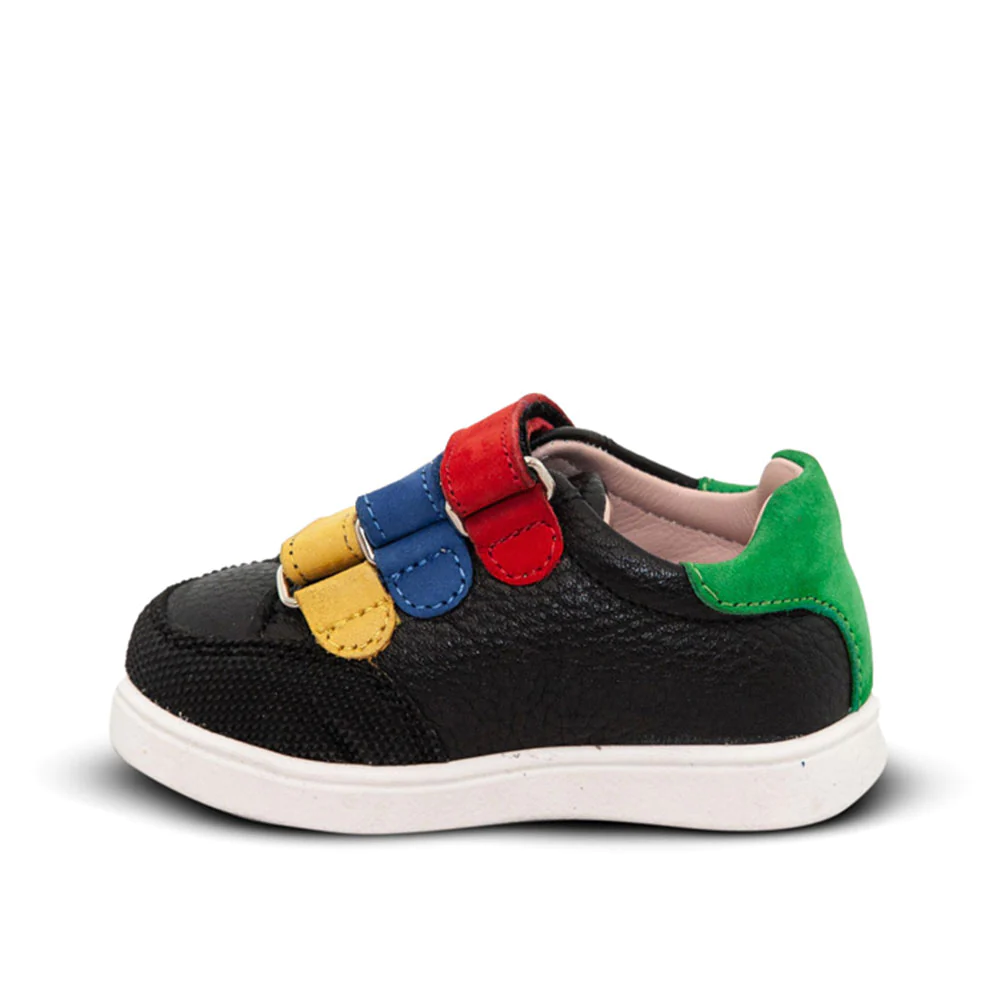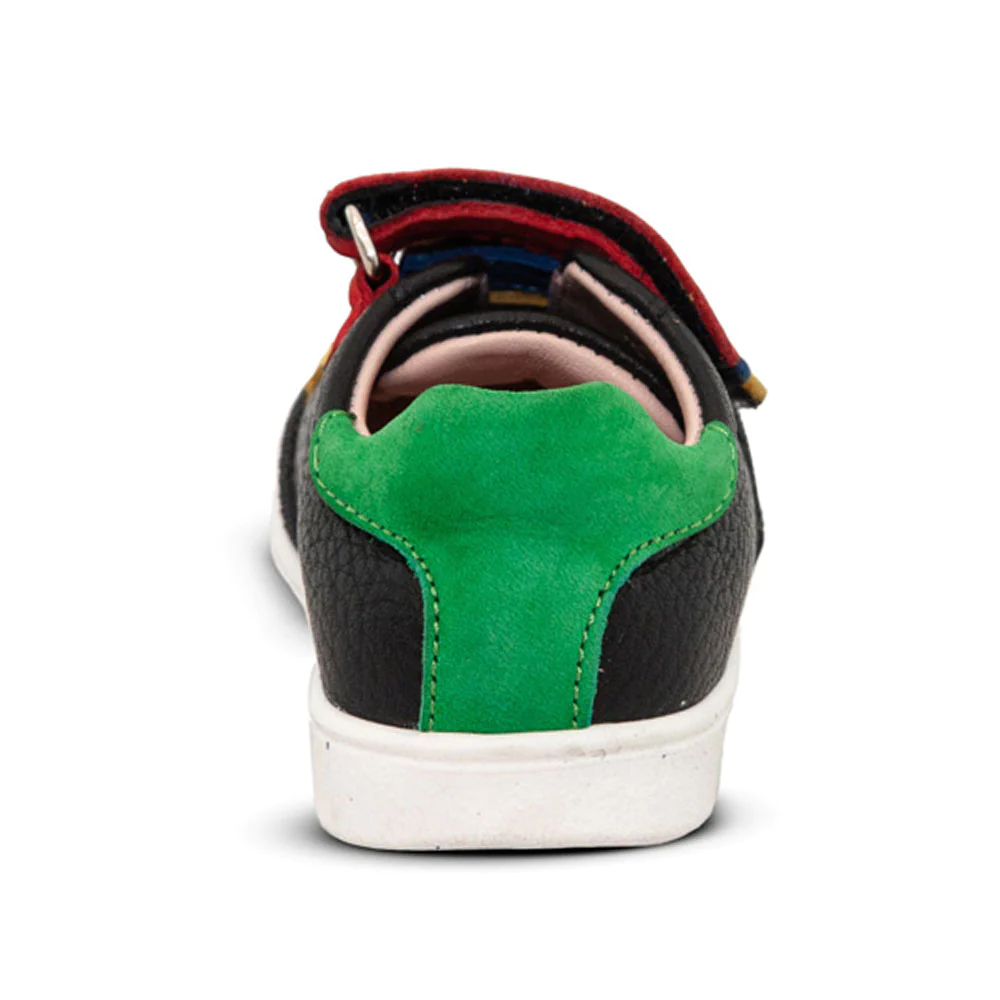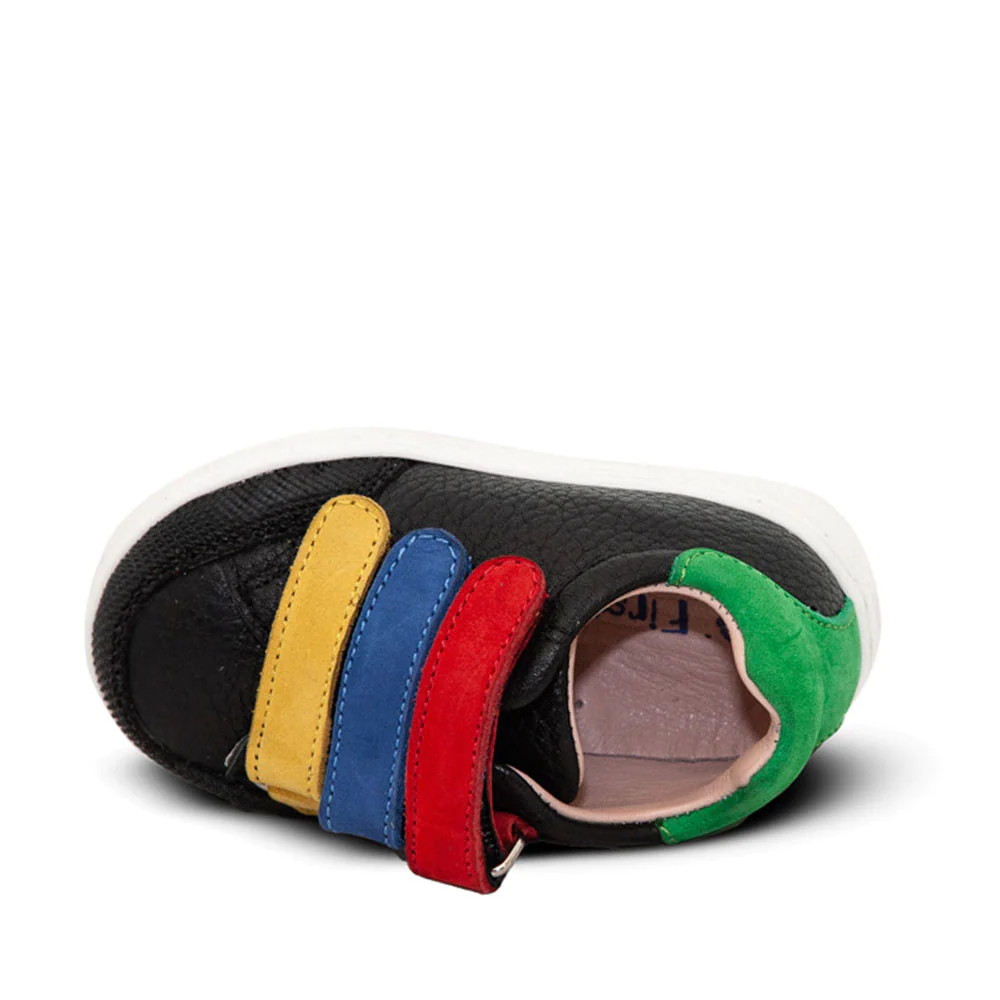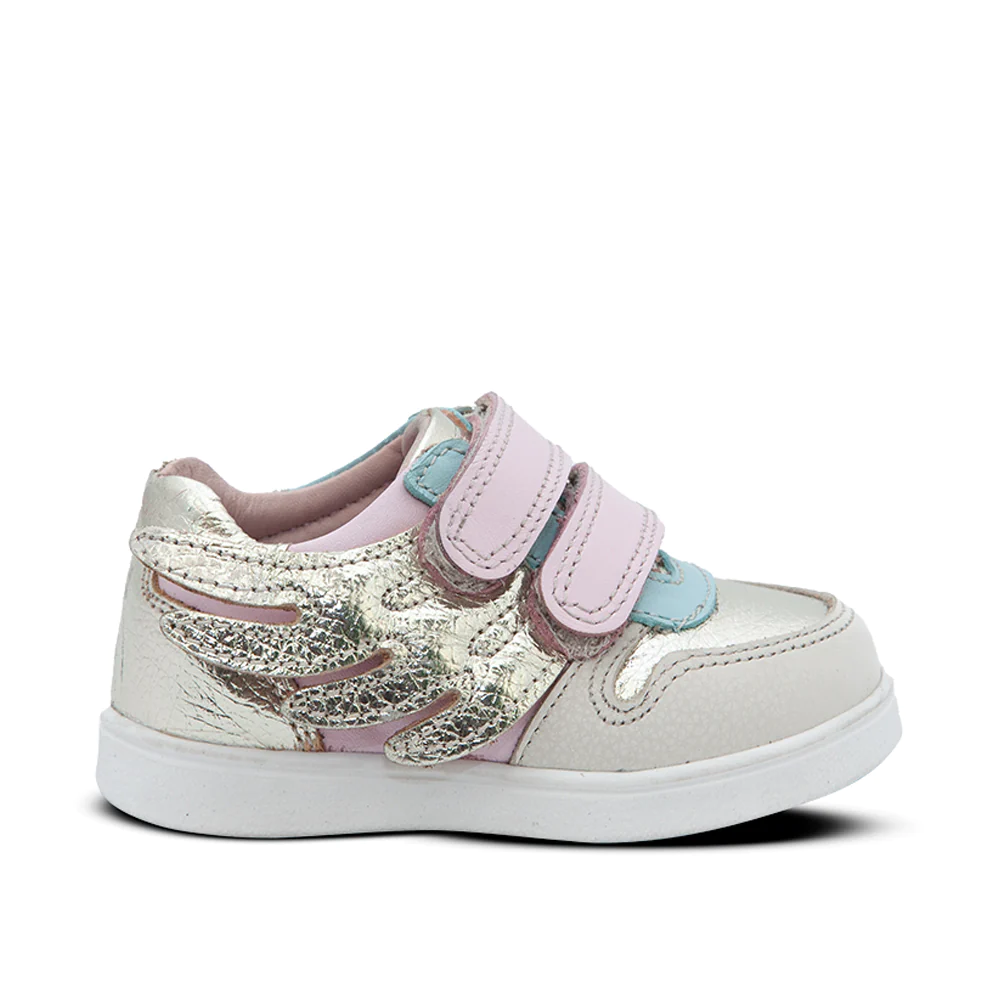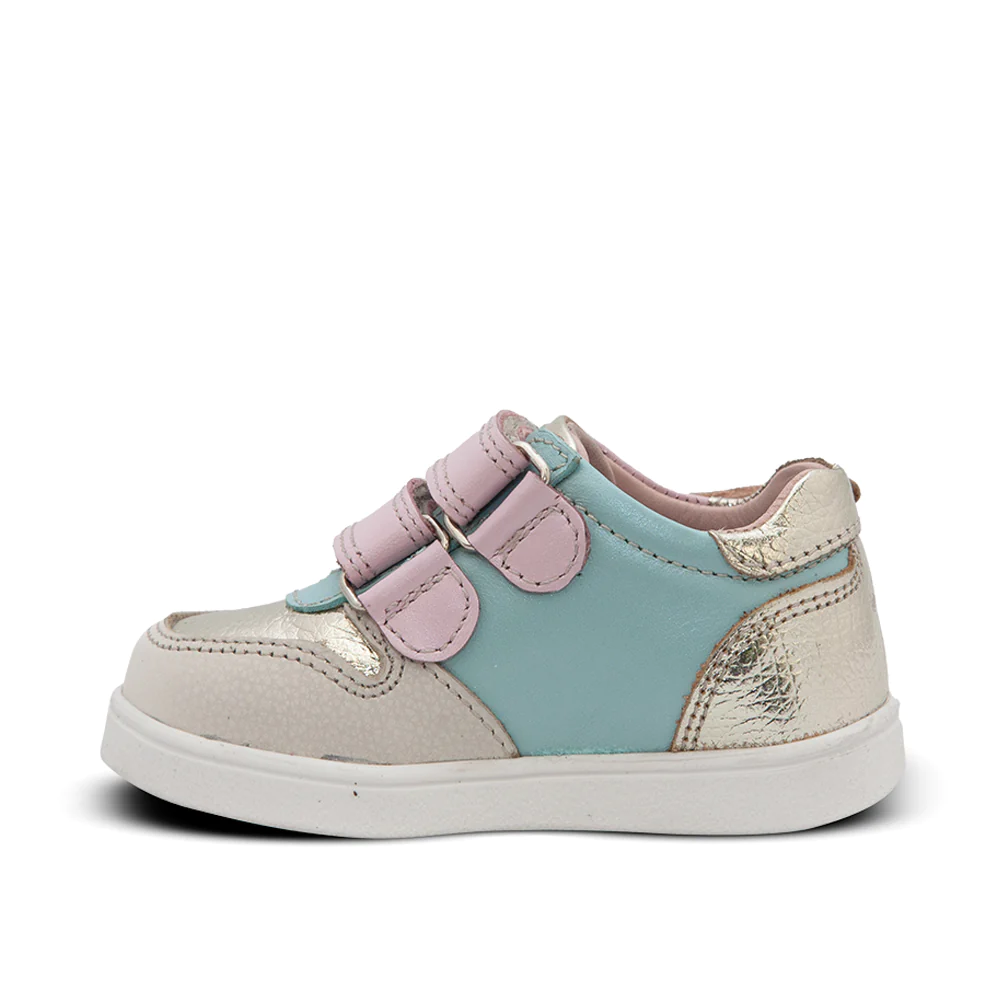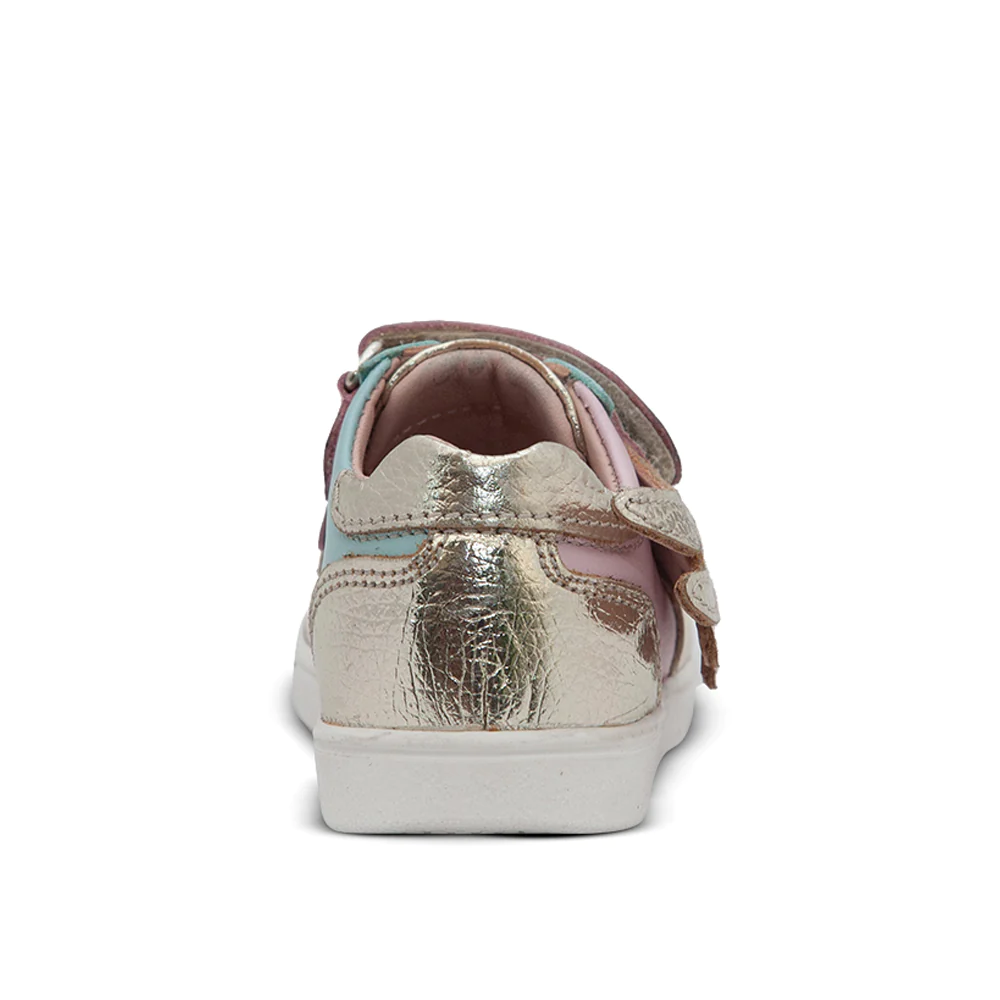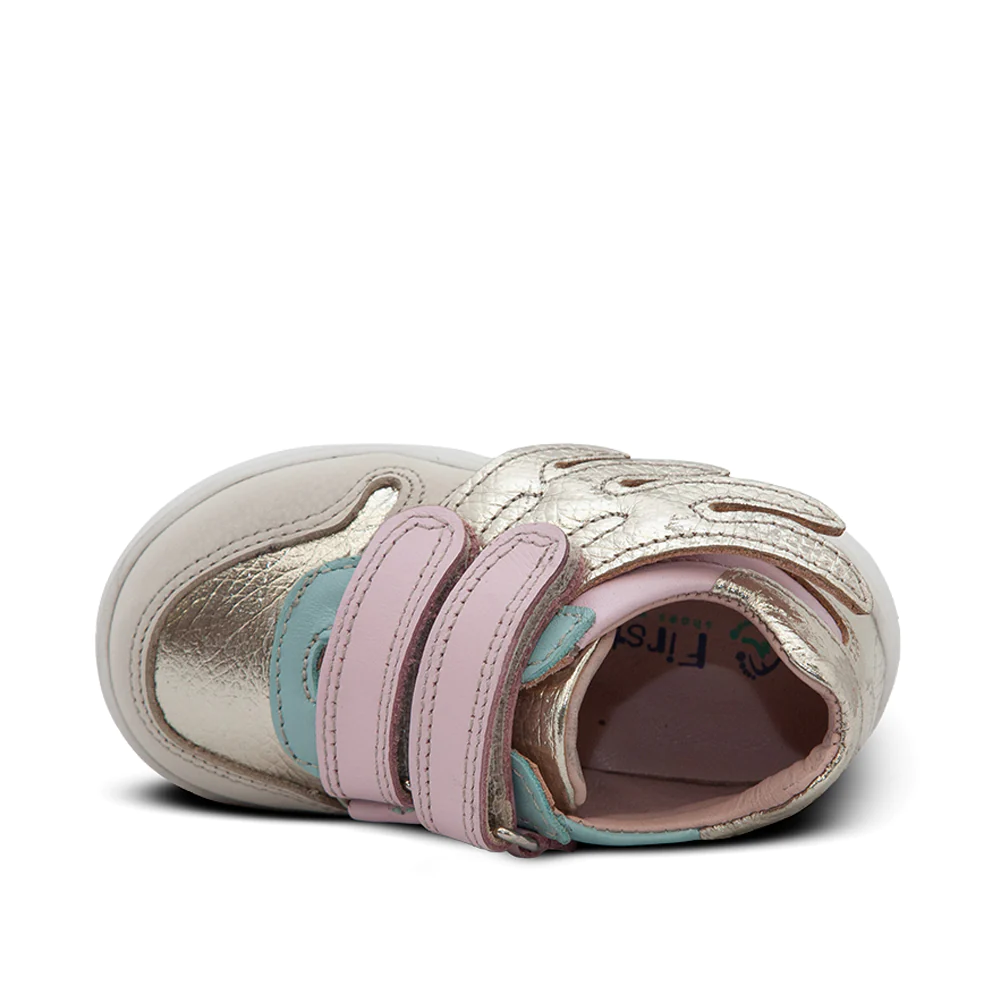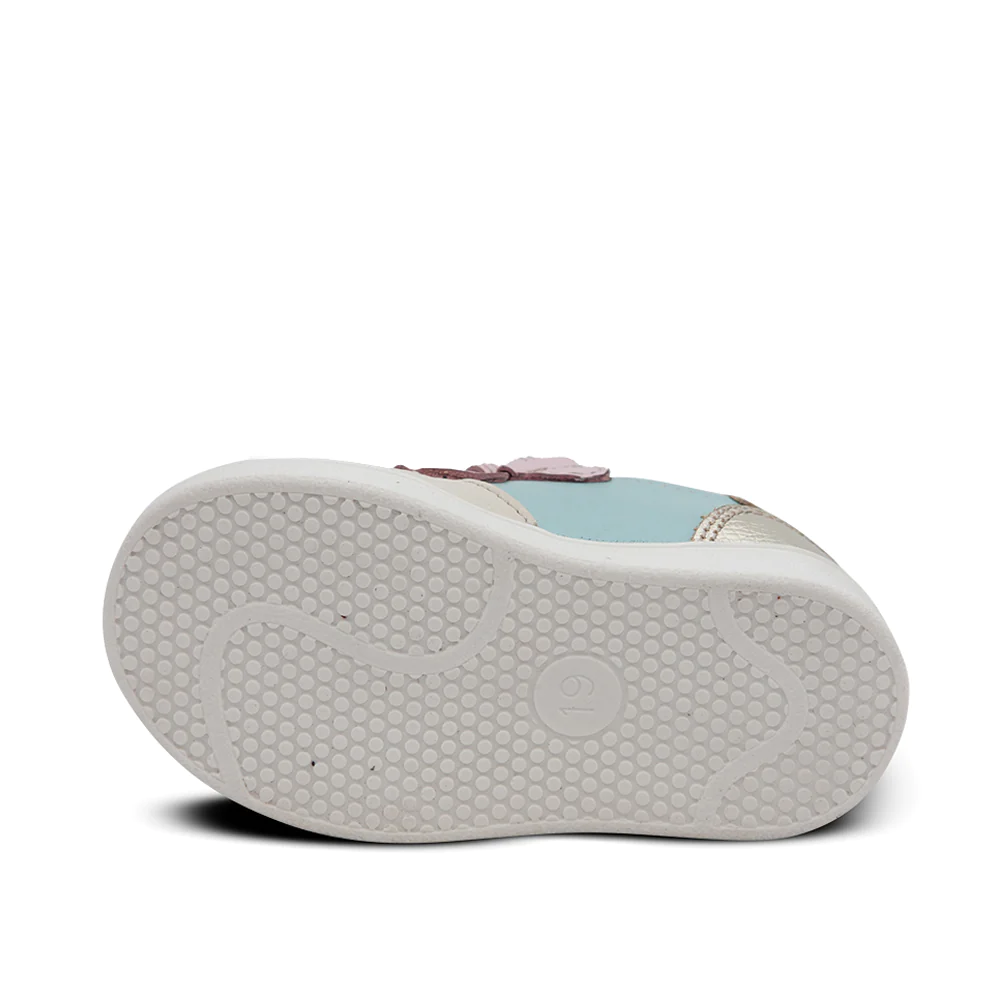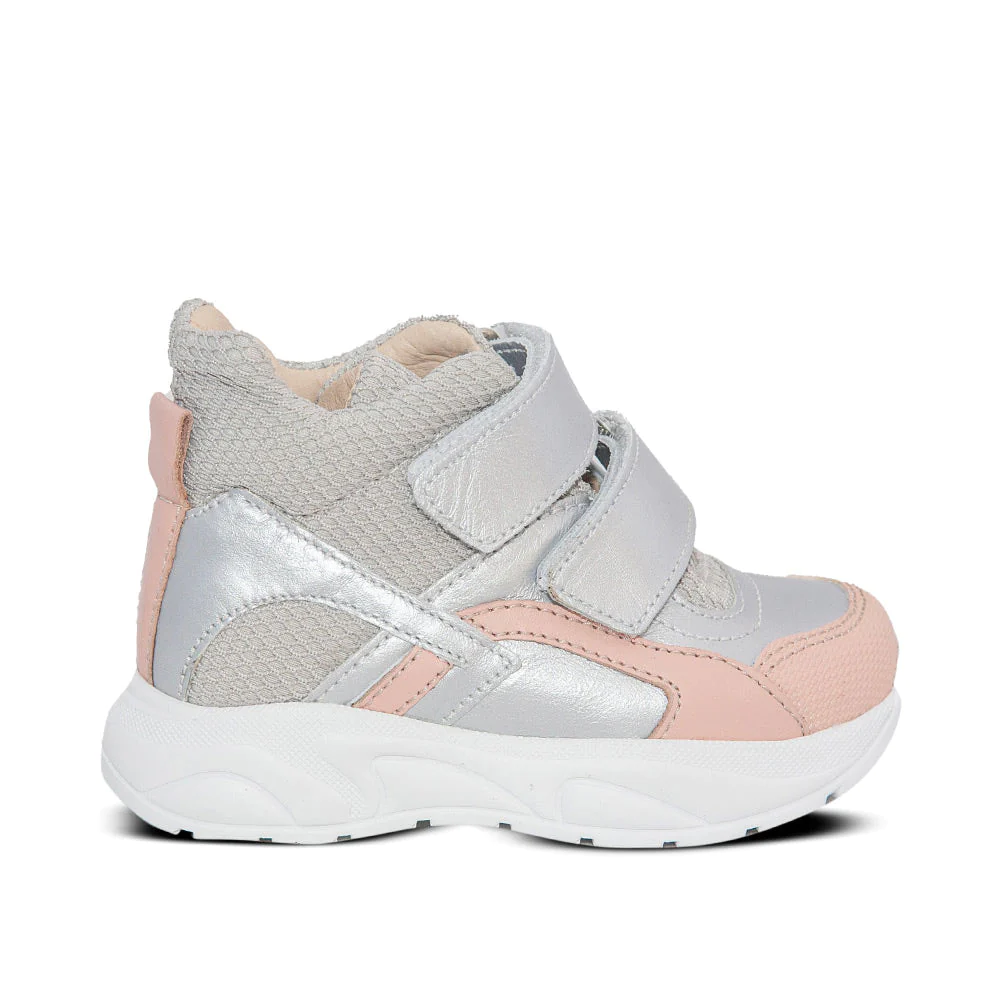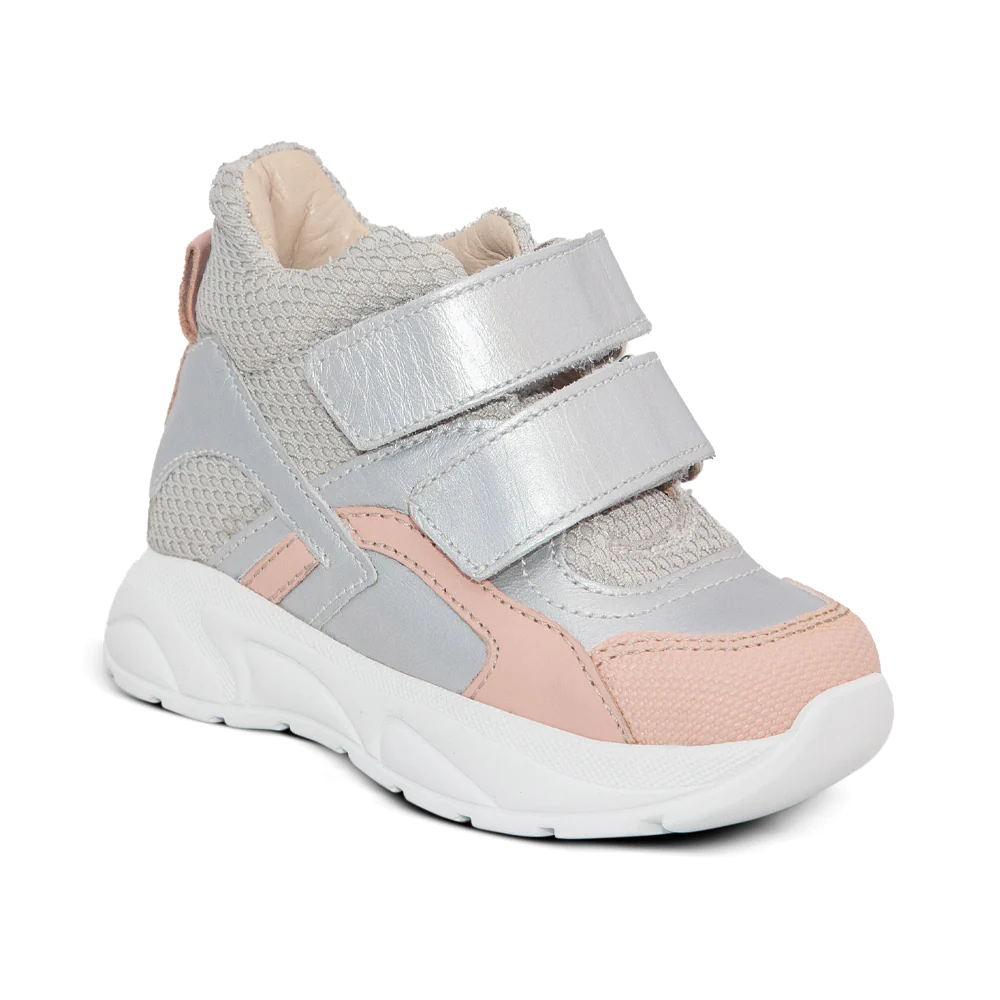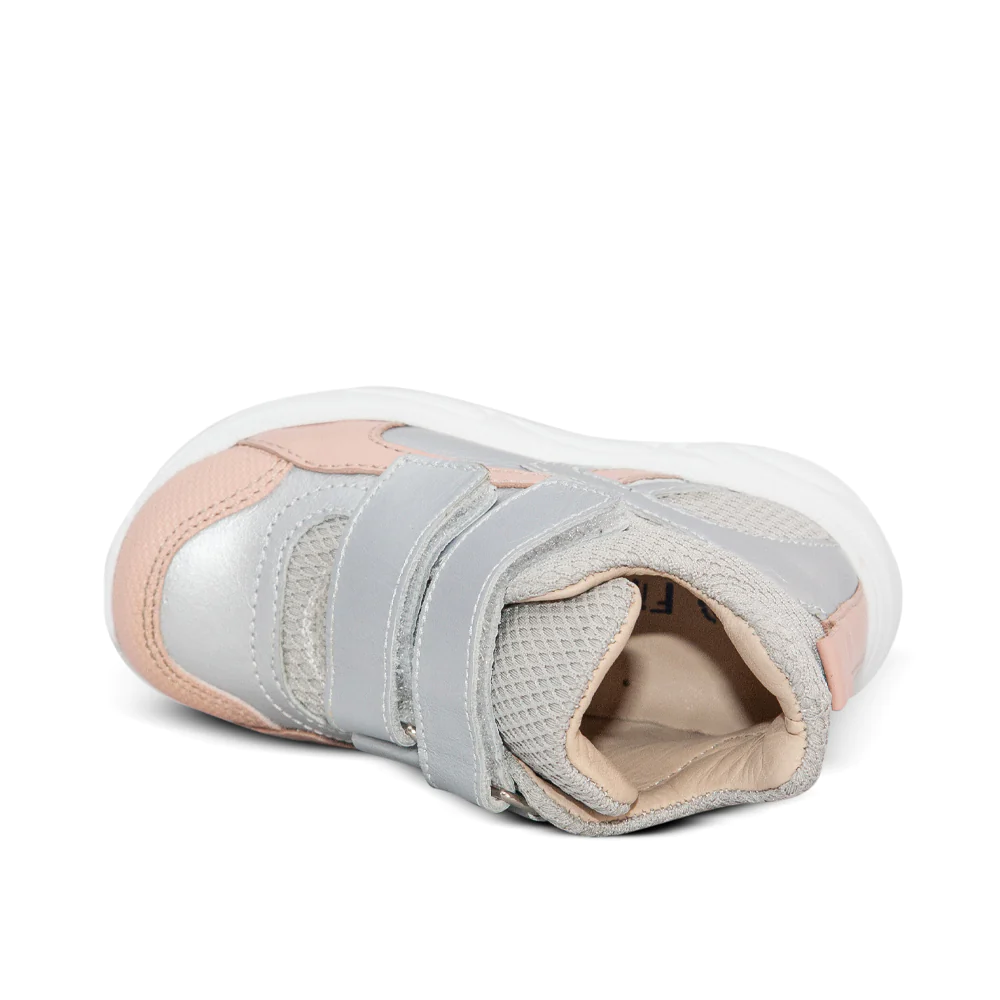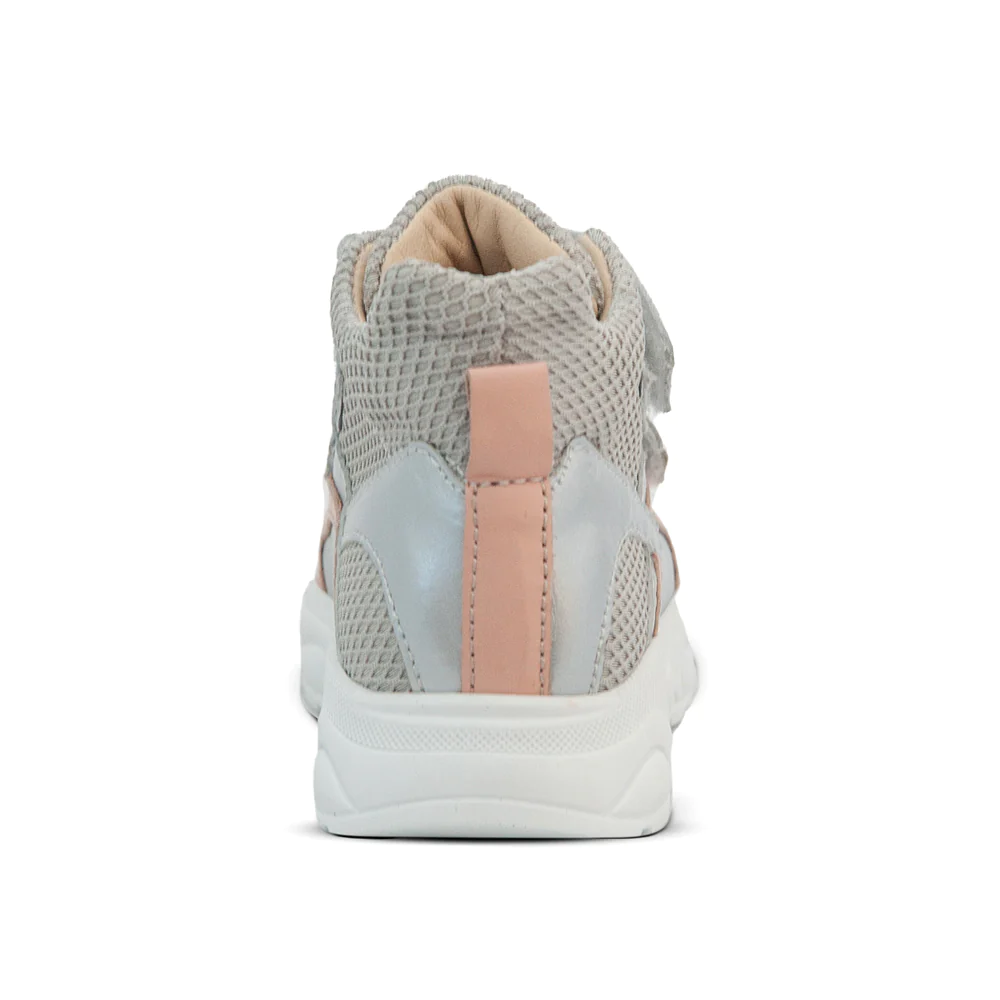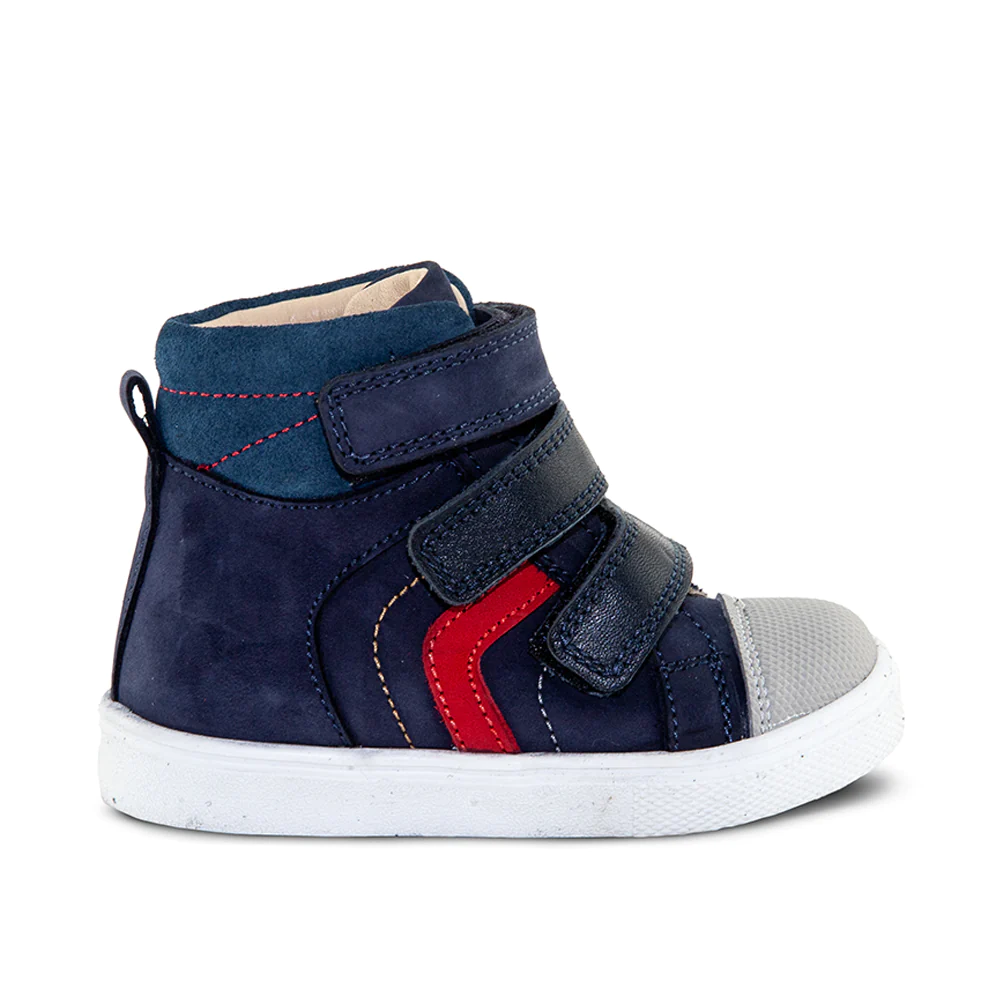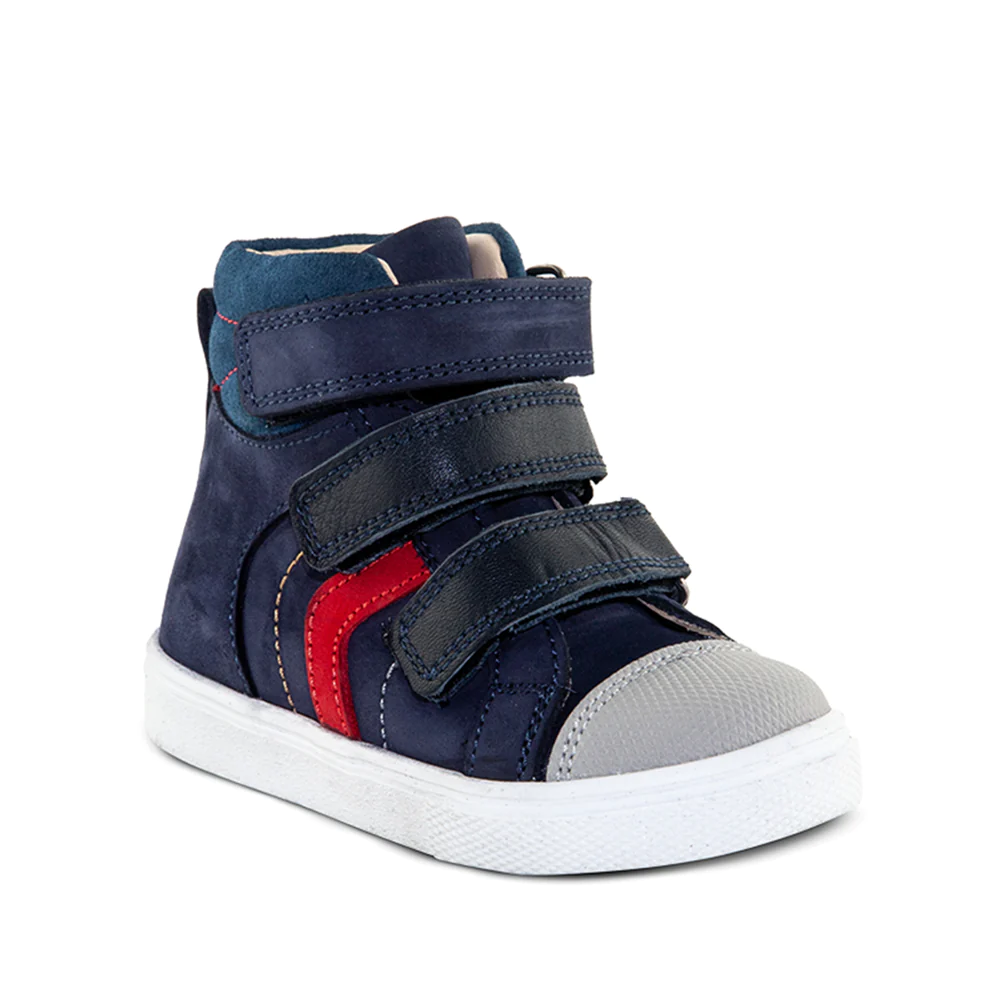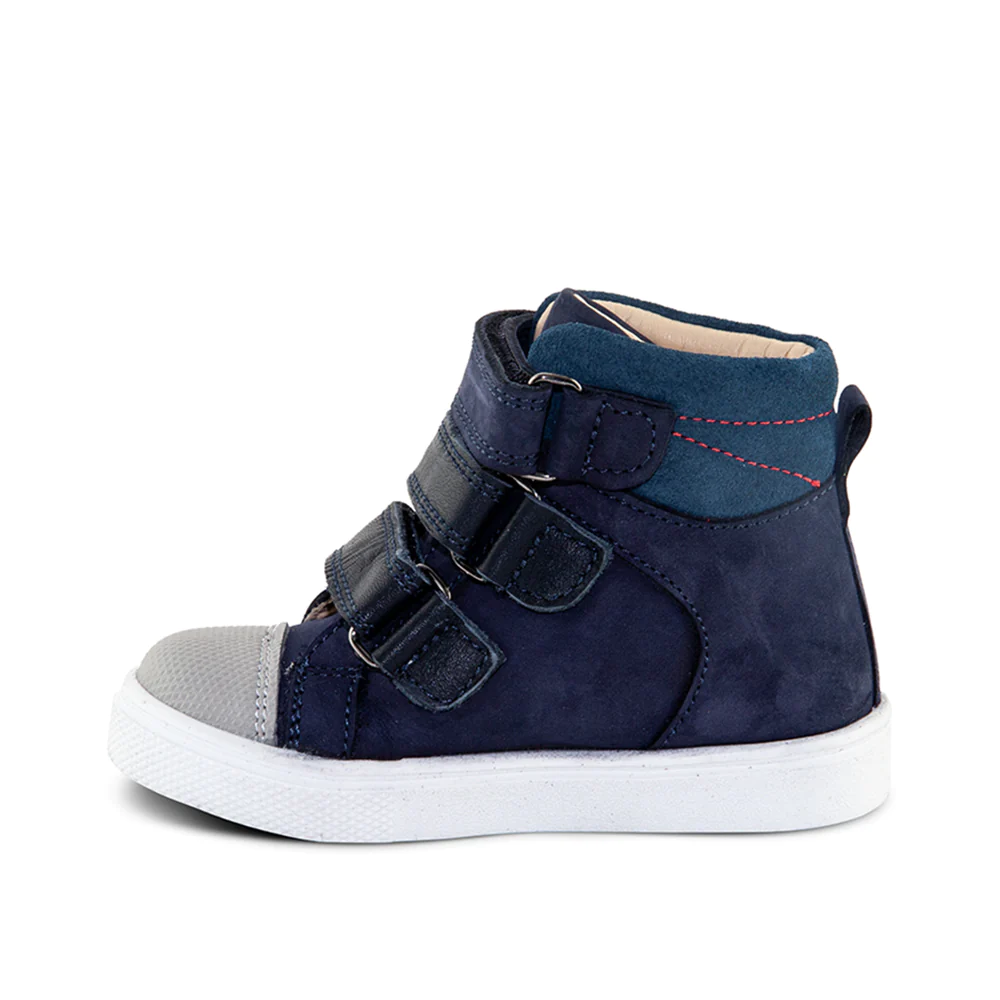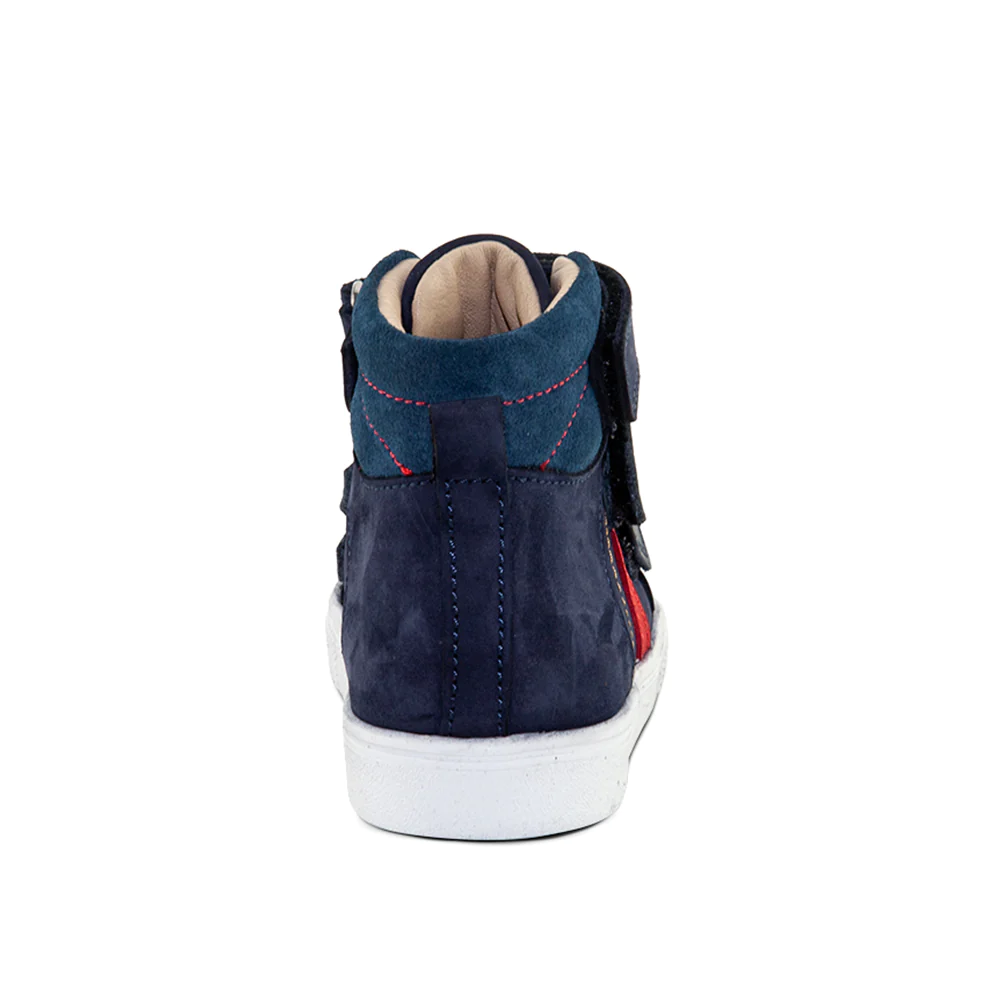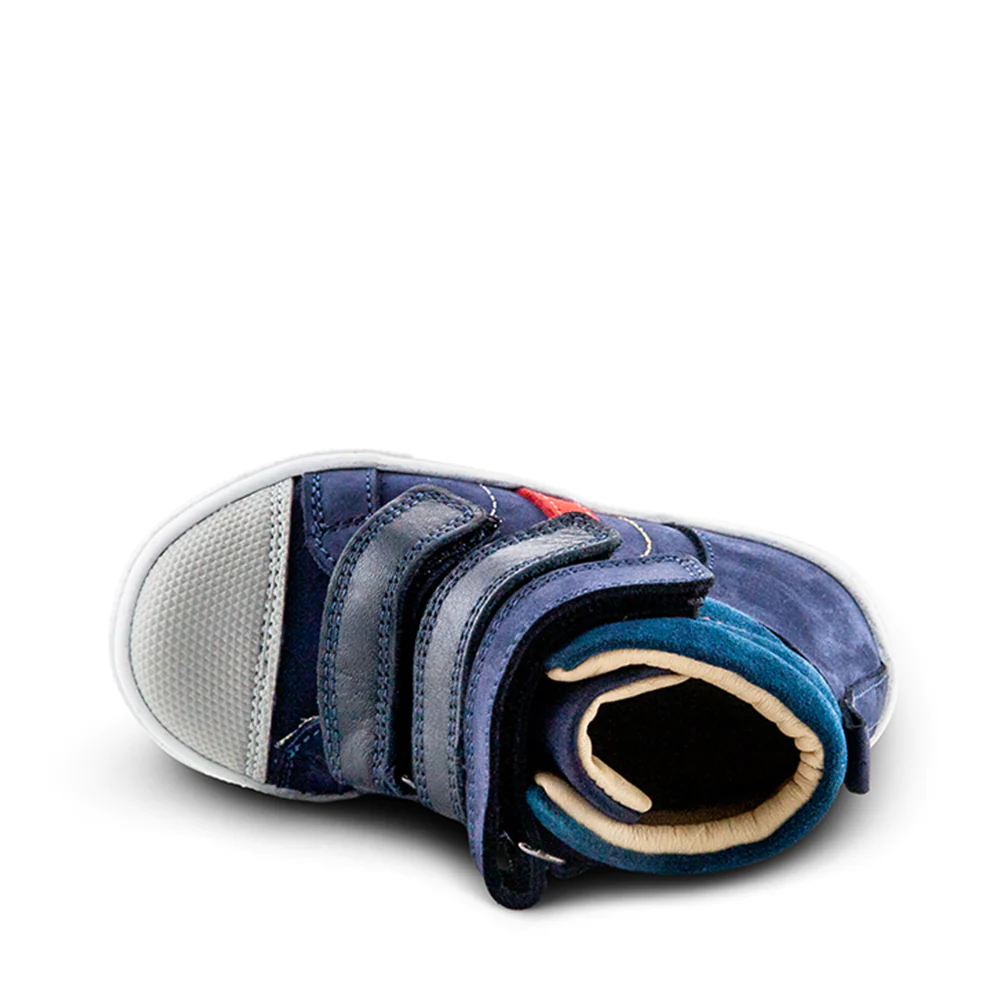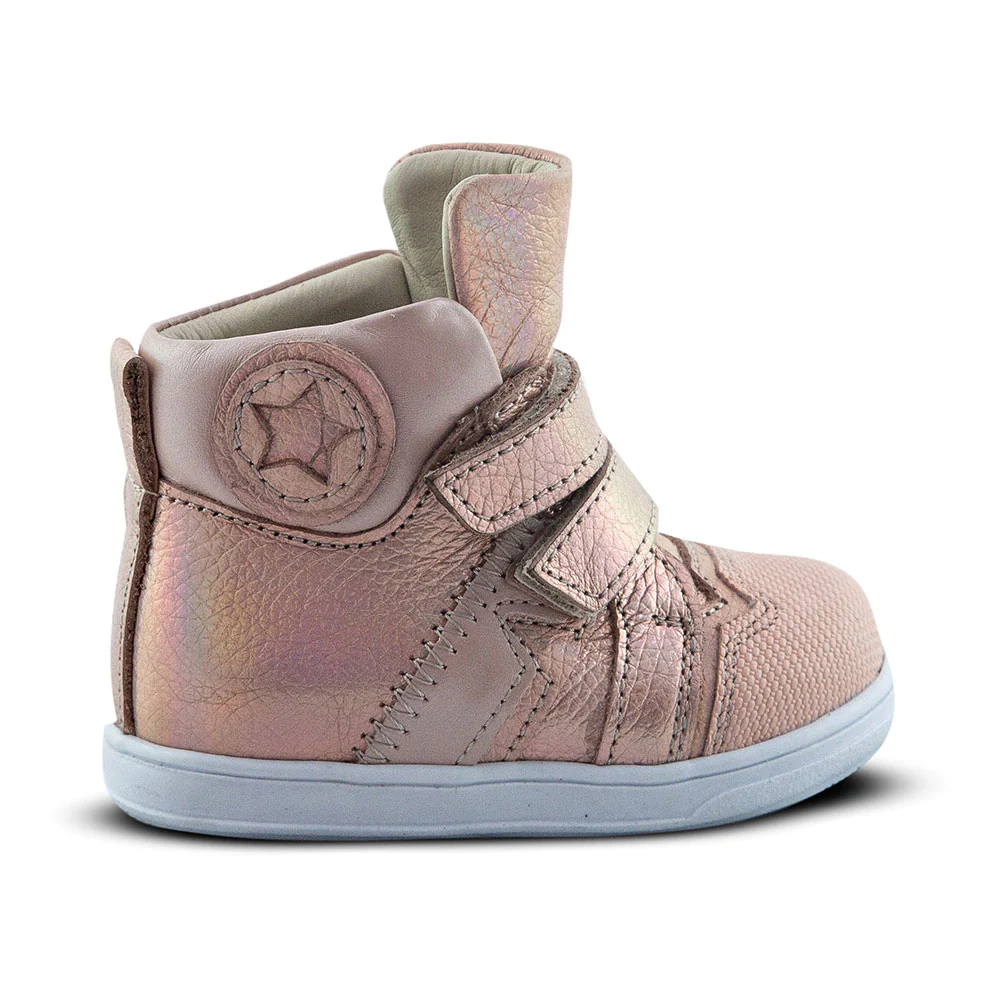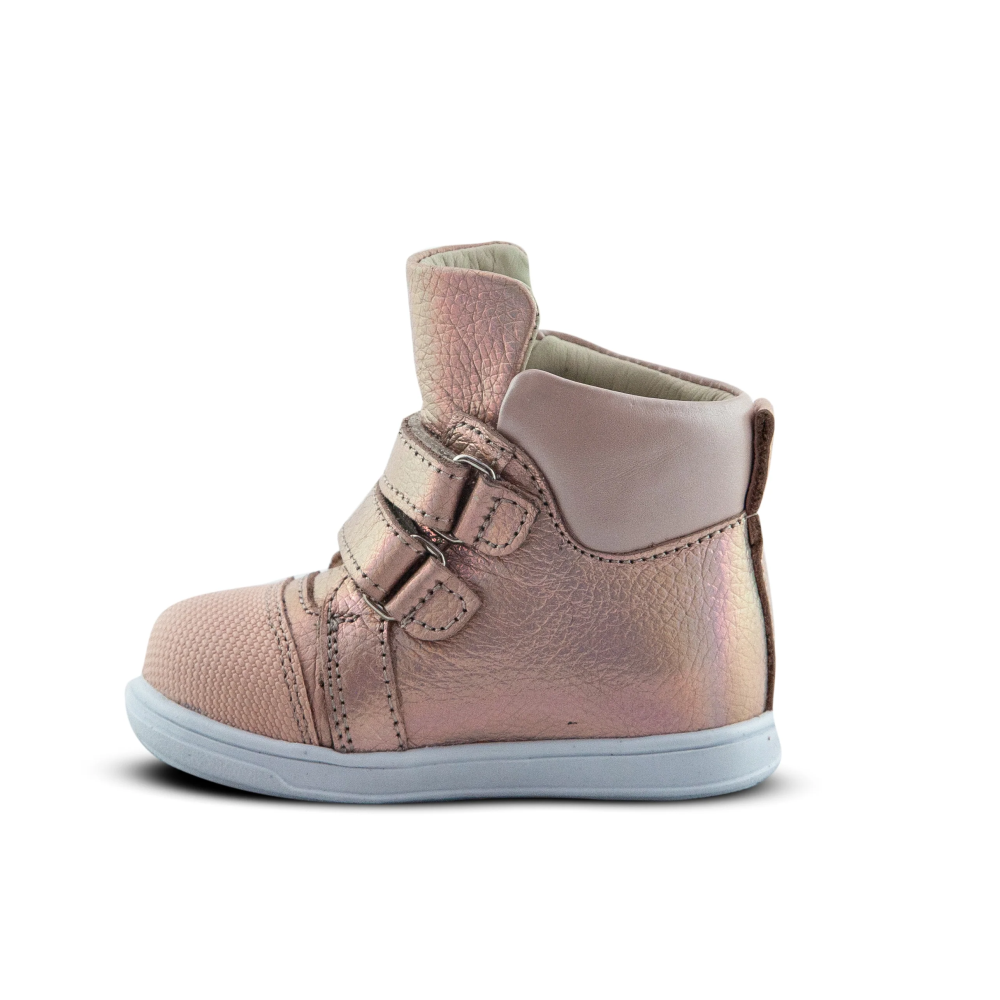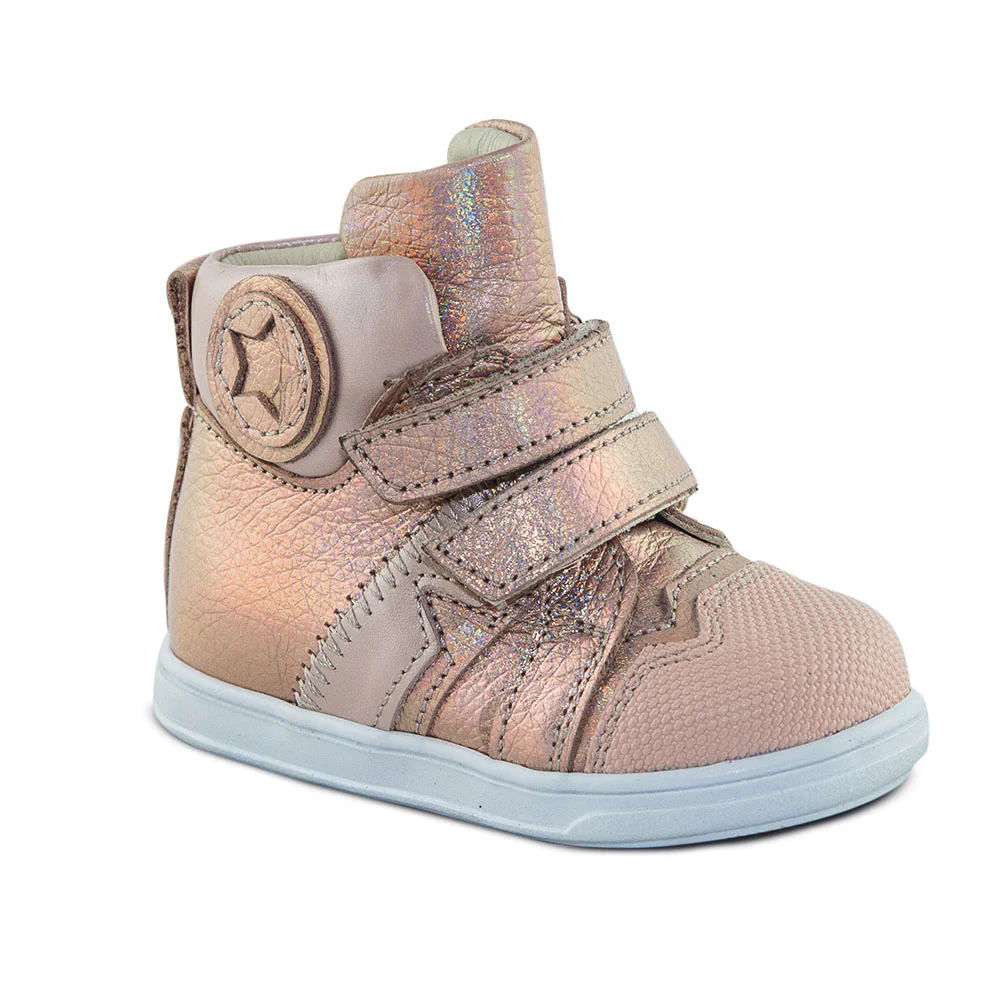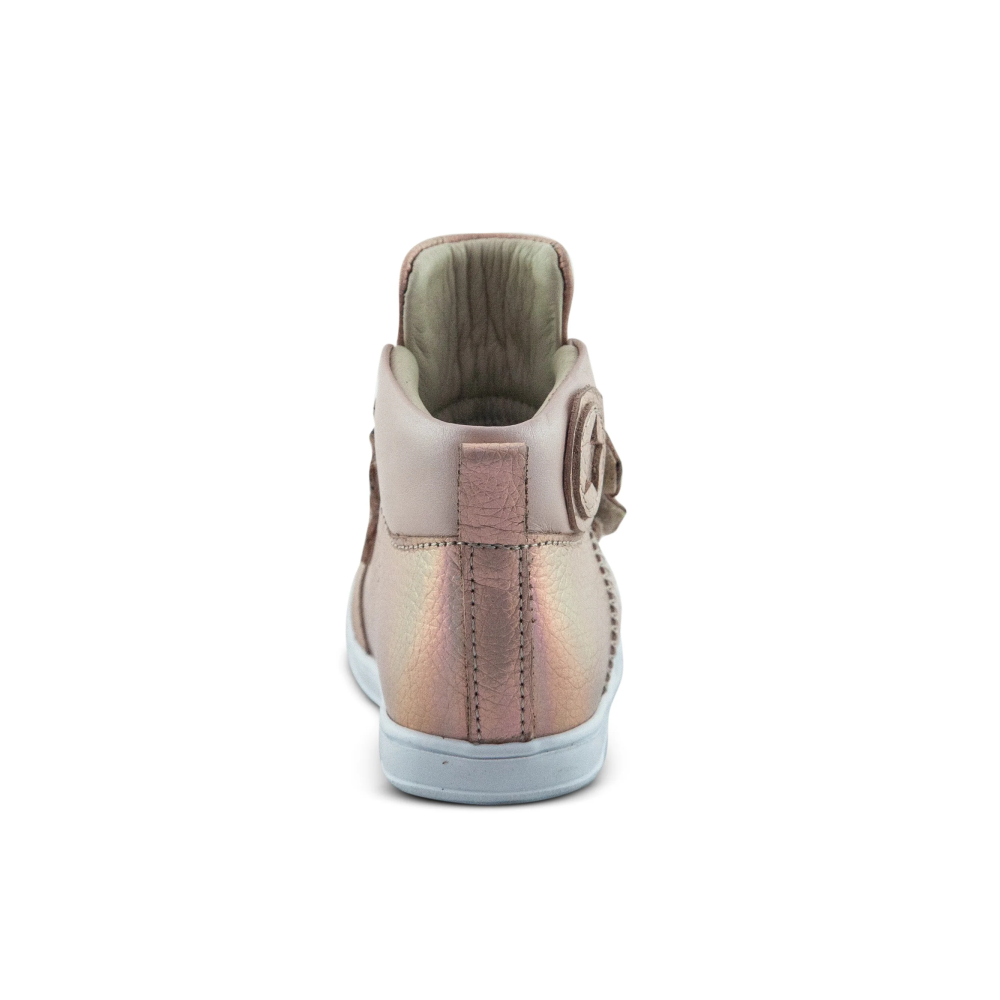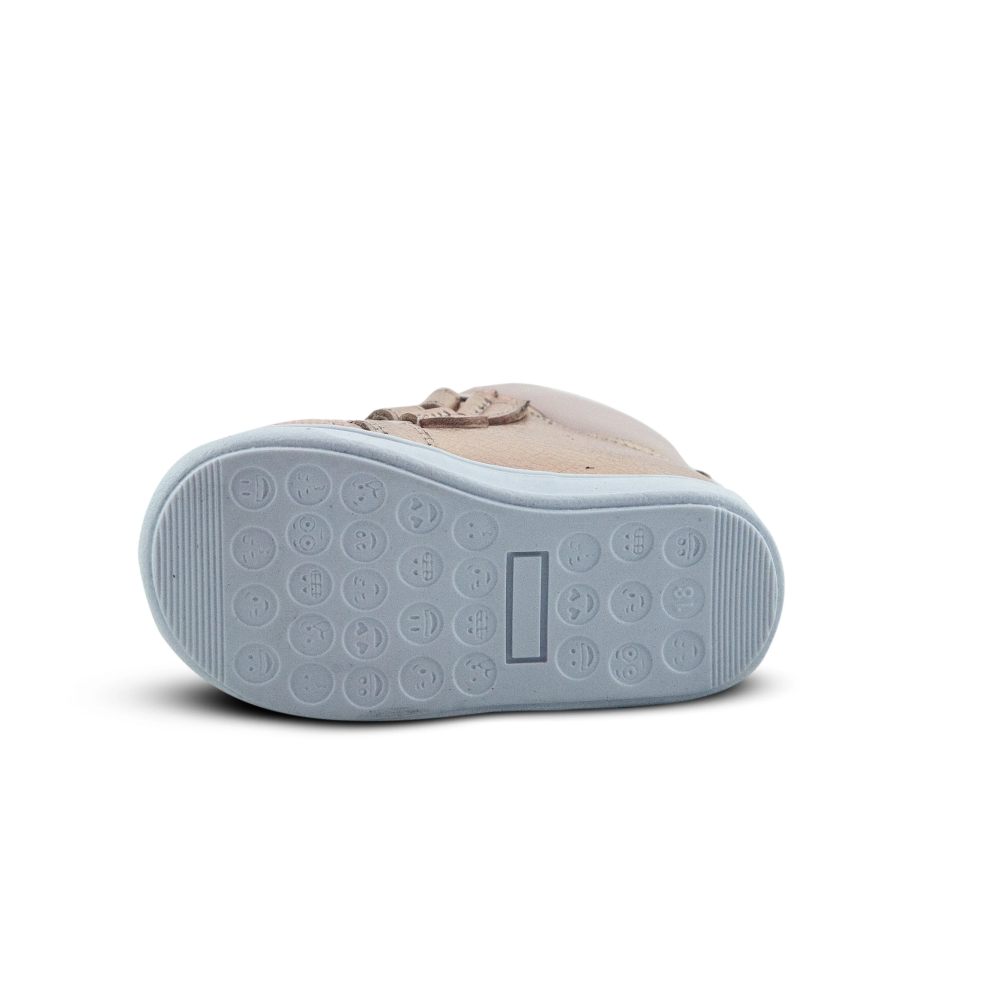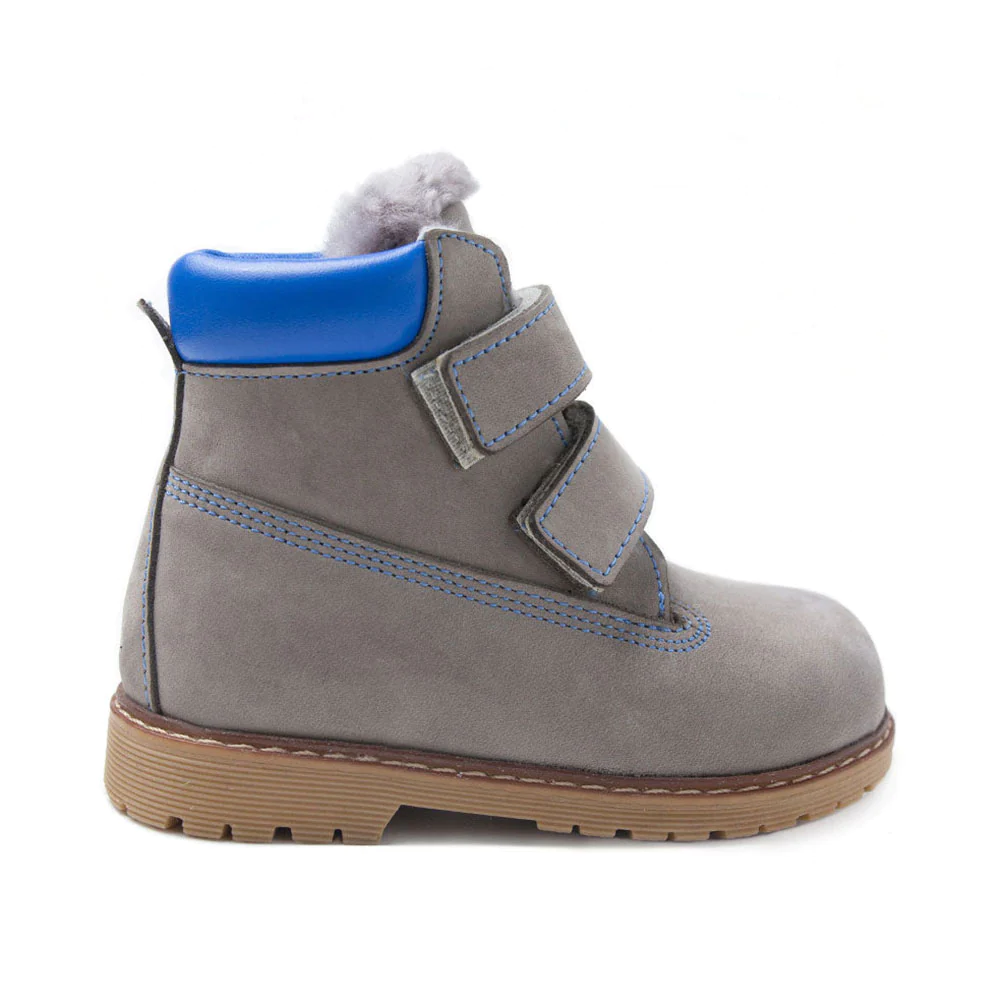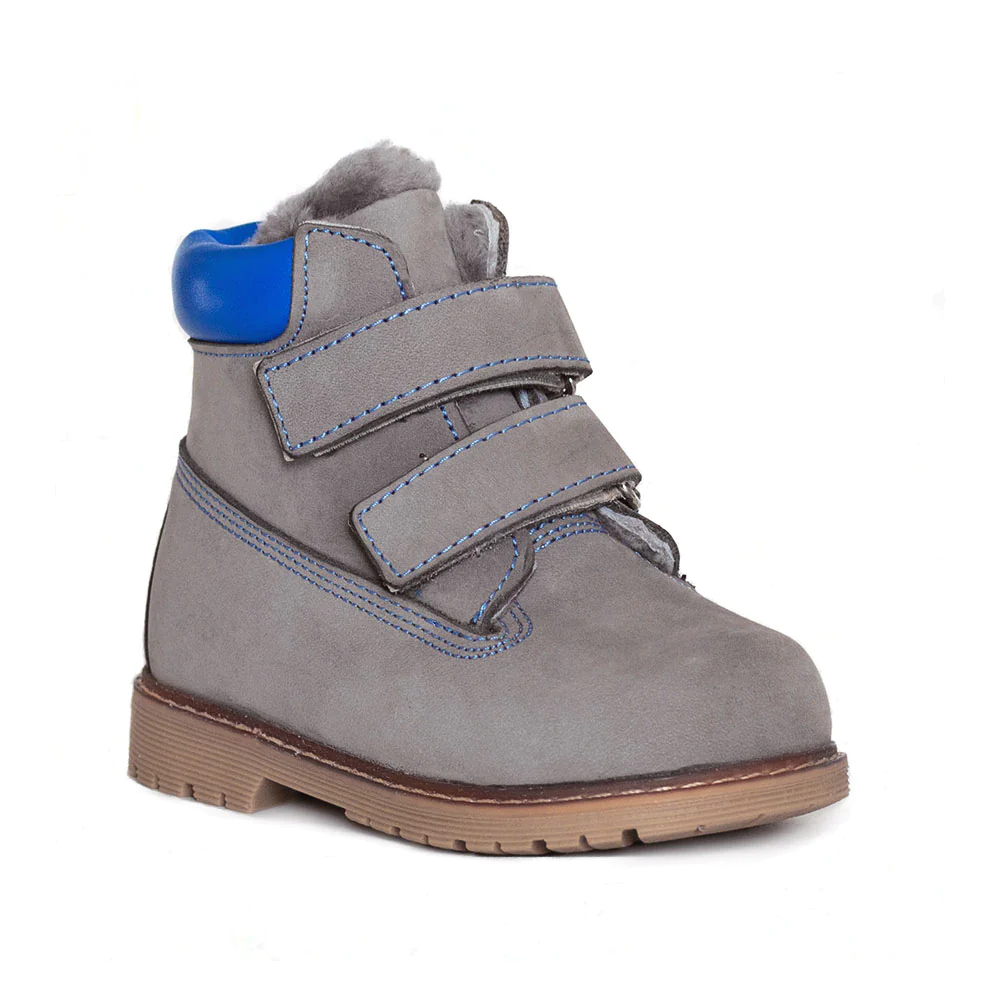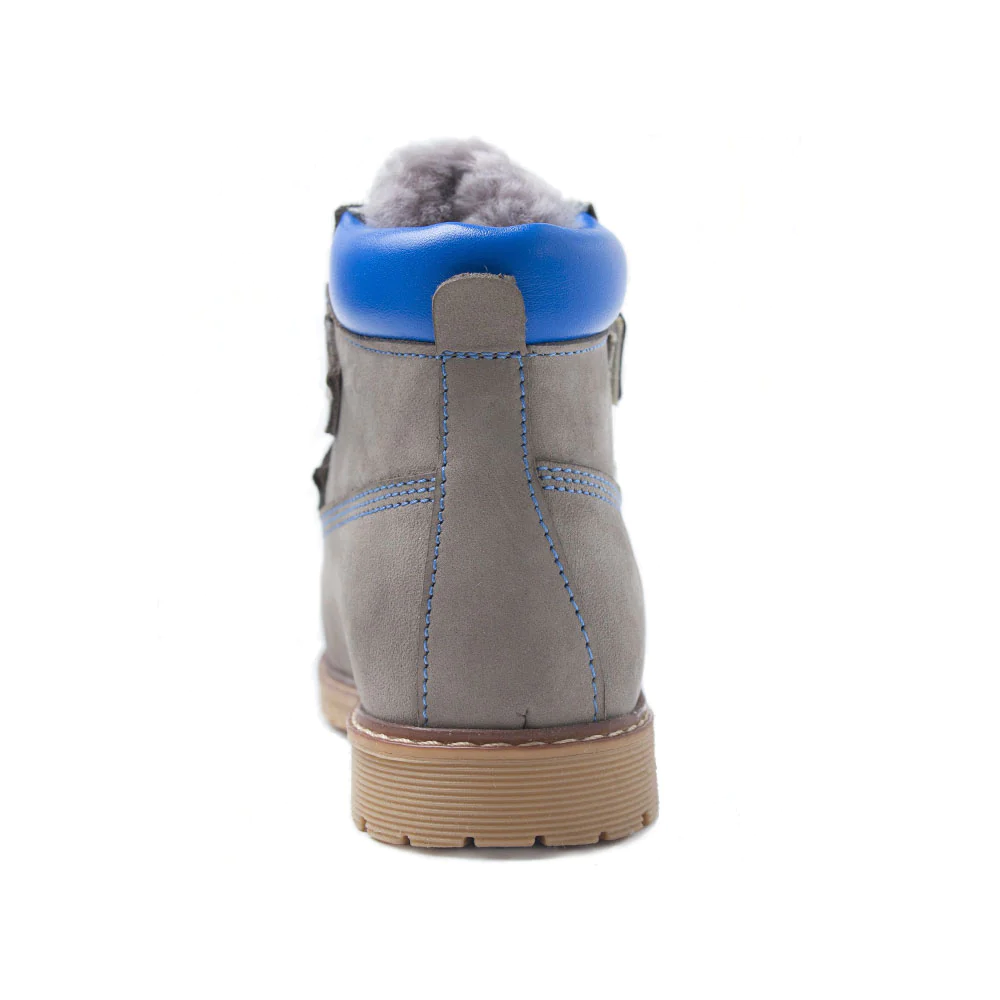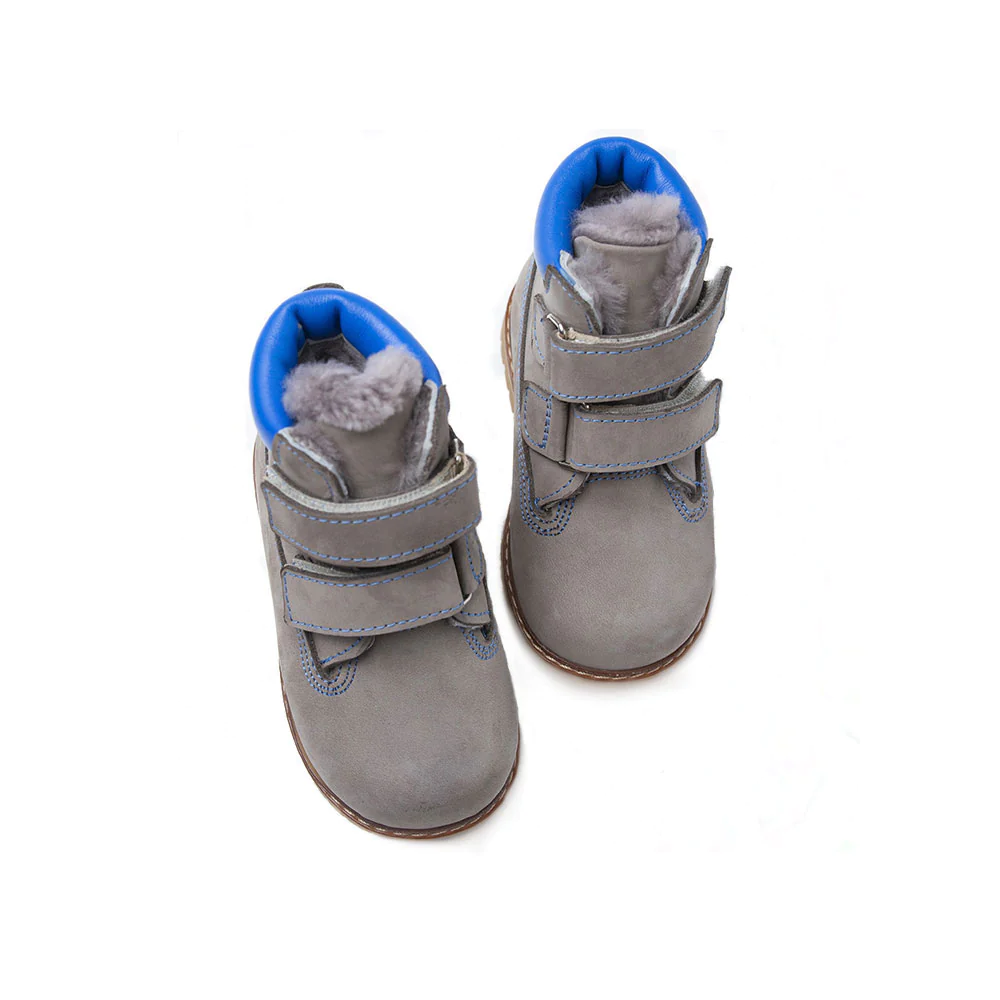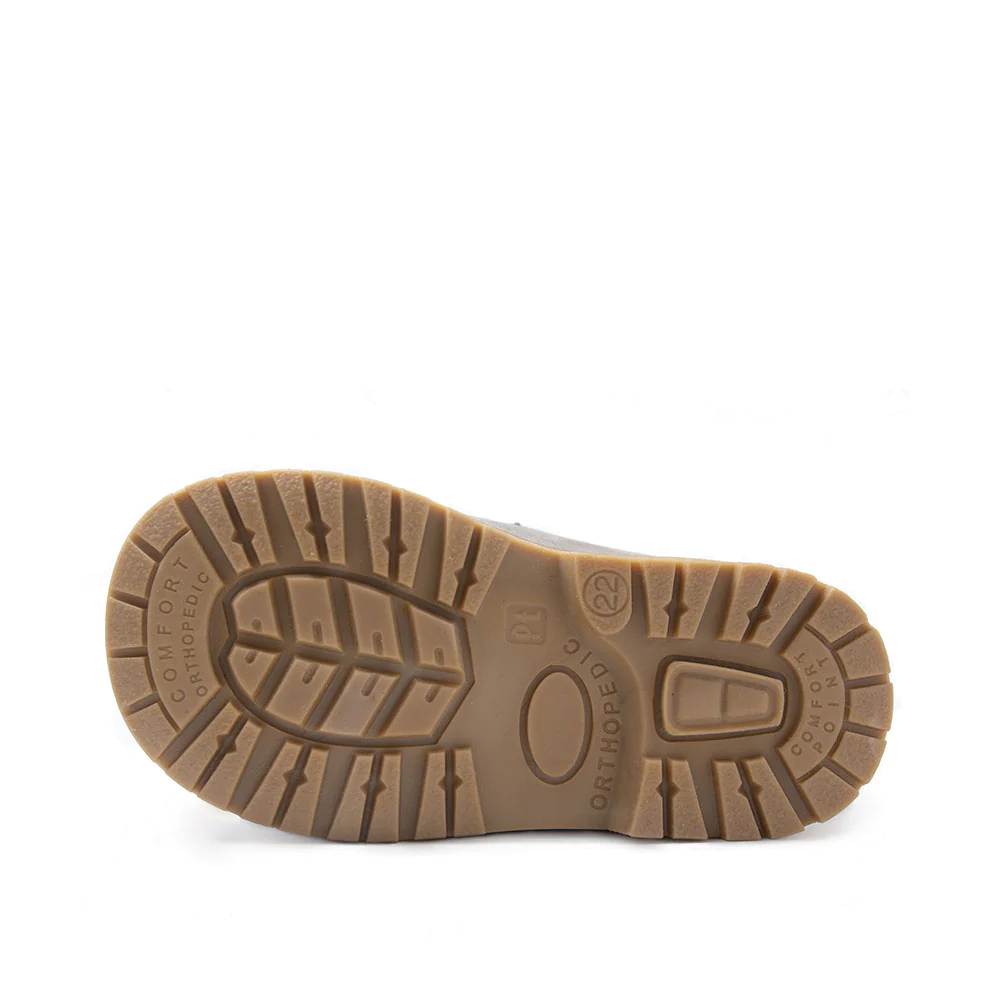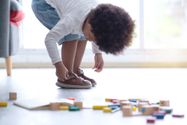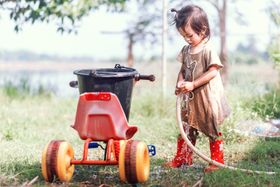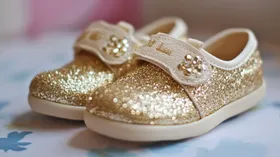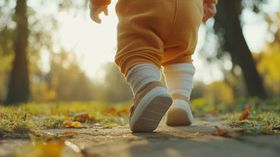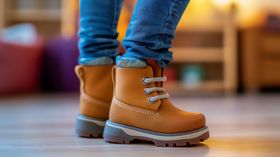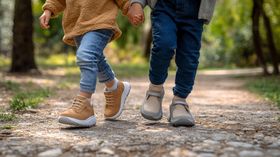8 Best Arch Support Toddler Shoes for Healthy Little Feet
Give their feet the foundation they deserve with supportive, comfortable shoes
Updated December 5, 2024
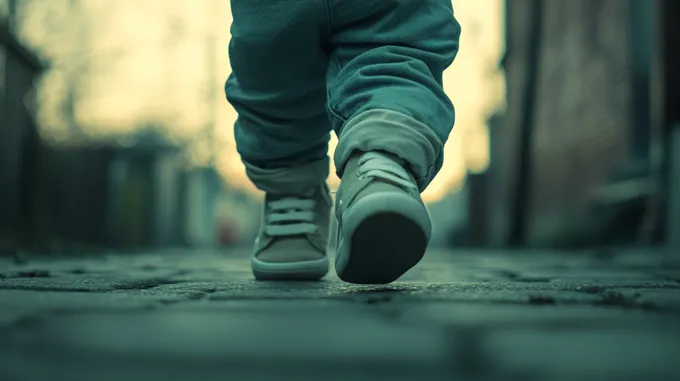
Did you know that a toddler's feet contain 26 bones, 35 joints, and over 100 ligaments—all of which are still developing? During these crucial early years, proper foot support isn't just about comfort—it's about setting the foundation for lifelong mobility and health.
As parents navigate the countless options for toddler shoes, understanding the importance of proper arch support becomes essential for nurturing those growing feet.
» Ensure your kid's feet are supported and comfortable with our collection
Our Pick: Best Arch Support Toddler Shoes
- Best overall arch support toddler shoes: Nick B. Hardy
- Best durable arch support toddler shoes: Frisky Wyatt
- Best arch support toddler shoes for wide feet: Lexington Drive
- Best comfortable arch support toddler shoes: Annie Angelo
- Best flexible sole arch support toddler shoes: Frisky Misty
- Best adjustable-fit arch support toddler shoes: Johnny Rigel
- Best stylish arch support toddler shoes for girls: Blooming Dahlia
- Best arch support toddler shoes for winter: Taylor Warms
When Does Your Kid Need Arch Support?
Here are some common conditions that might indicate your child needs more supportive footwear:
- Flexible flat feet are a common condition in which the arch flattens while standing but reappears when sitting or tiptoeing. While it often resolves naturally by age six, some children may benefit from gentle arch support if they experience discomfort or fatigue while walking.
- Toe walking that persists beyond the early walking stage may indicate shortened calf muscles or other structural issues. While specific treatment is often necessary, appropriate arch support can help promote proper heel-to-toe movement.
- Early signs of overpronation occur when your toddler's feet roll inward too much during walking. While mild pronation is normal, significant overpronation might cause leg, knee, or foot pain that can be addressed with proper arch support.
» Find out if kids with flat feet need arch support
Barefoot vs Shoes: What's Best for Arches?
Going barefoot activates the intrinsic muscles that support arch formation. Kids typically need 30 to 60 minutes of daily barefoot time in safe, indoor environments where little feet can naturally flex, grip, and strengthen the muscles that create a healthy arch.
But this doesn't mean shoes should be avoided—proper footwear plays a vital role in protecting developing arches during extended walking, running, and active play when foot muscles might fatigue. Here's how:
- Arch Support: Supportive shoes become crucial when your toddler needs structural guidance for developing arches, especially during longer walks or active play. The right footwear provides gentle arch reinforcement without forcing an unnatural position.
- Muscle Training: Barefoot time on varied surfaces helps feet learn to adjust and maintain arch position naturally. Indoor exploration on carpet, foam mats, and textured surfaces teaches tiny feet how to engage arch muscles properly.
- Protection: When outside, shoes should offer arch support while still allowing natural movement. This balanced approach prevents arch collapse during extended activity while not over-supporting to the point of muscle weakness.
- Growth Strategy: The ideal approach alternates between barefoot time for muscle development and properly supported shoes for protection and guidance. This combination helps arches develop naturally while providing the external support needed during more demanding activities.
- Development Windows: Morning barefoot play when feet are fresh can help strengthen arch muscles, while supportive shoes later in the day prevent fatigue when those muscles are tired from activity.
The best approach combines both—letting toes wiggle freely at home while protecting feet with proper support during outdoor adventures. This balanced strategy promotes healthy arch development while keeping tiny feet safe from outdoor hazards.
» Check out the difference between regular and supportive shoes
8 Best Arch Support Toddler Shoes
Essential Features to Look for in Kid Shoes
When shopping for supportive toddler shoes, keep these crucial features in mind:
- Flexible Support: The arch support should have just enough give to promote proper foot development without restricting natural movement, allowing your toddler's feet to grow strong while maintaining good posture.
- Cushioned Protection: Soft, shock-absorbing insoles are essential during active play and provide lasting comfort during long periods of wear, especially for energetic toddlers who love to run and jump.
- Breathable Design: Materials like leather or mesh maintain proper foot temperature and prevent moisture buildup, which is crucial for preventing skin irritation and maintaining foot health.
- Lightweight Structure: A feather-light construction allows natural movement and prevents fatigue, as heavy shoes can alter your toddler's walking pattern and make it harder to maintain balance.
- Grippy Base: Non-slip soles with proper traction provide essential stability for toddlers still mastering their balance, helping prevent slips and falls on various surfaces.
- Adaptable Fit: Easy-to-adjust fasteners allow for a customised fit that accommodates growing feet and different sock thicknesses, ensuring consistent comfort and support throughout the day.
» Ensure a blend of support and flexibility as your baby learns to walk
What to Avoid When Choosing Toddler Shoes
To protect your child's developing feet, steer clear of these potentially harmful features:
- Rigid arch supports can impede natural foot development and cause discomfort, so avoid shoes with hard, inflexible arch structures that limit foot movement.
- Heavy, bulky soles add unnecessary weight that can alter your toddler's natural walking pattern and make it harder for them to maintain proper balance.
- Non-breathable synthetic materials can trap moisture and heat, leading to discomfort and potential skin issues, so skip shoes made from vinyl or hard synthetics.
- Narrow toe boxes restrict natural toe spreading and can lead to alignment problems, so look for shoes with plenty of room in the toe area.
» Support their adventures with the best walking shoes for kids
The Importance of Regular Shoe Updates
Remember that toddlers' feet grow rapidly, typically requiring new shoes every six to twelve months. Watch for these signs that it's time for new shoes:
- Your child complains of discomfort or seems reluctant to wear their shoes.
- The toe box feels tight when you press on it.
- You notice significant wear on the soles.
- Your toddler is tripping more frequently or showing difficulty walking.
» Discover why orthopaedic shoes are a game changer for kids
A Foundation for the Future
From those first tentative steps to confident running and jumping, your toddler's feet carry them through countless adventures and discoveries. By understanding the importance of proper arch support and making informed footwear choices, you're not just buying shoes—you're supporting their natural development and preventing potential future issues.
While every child's journey is unique, healthy foot development always starts with proper support, attention, and care. Your careful consideration of their footwear needs today helps ensure they'll stay on their feet for all their tomorrows.
Disclaimer: First Walkers' information is intended for educational and informational purposes related to toddler footwear and feet. We encourage you to consider individual circumstances and consult qualified orthopaedists about specific conditions.

